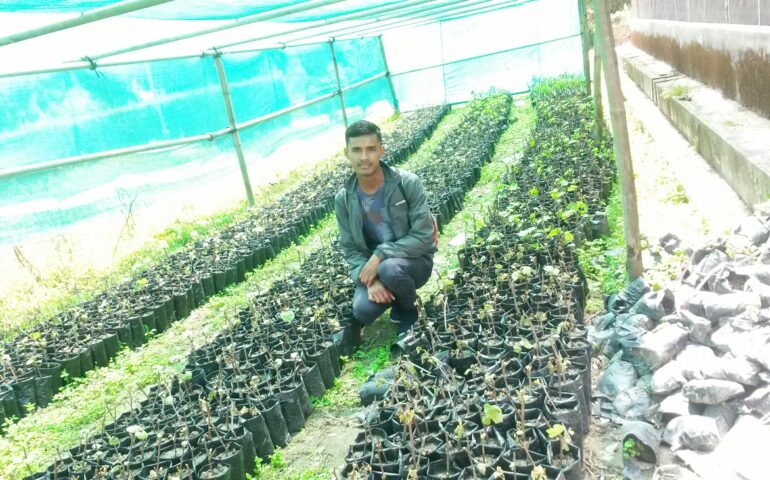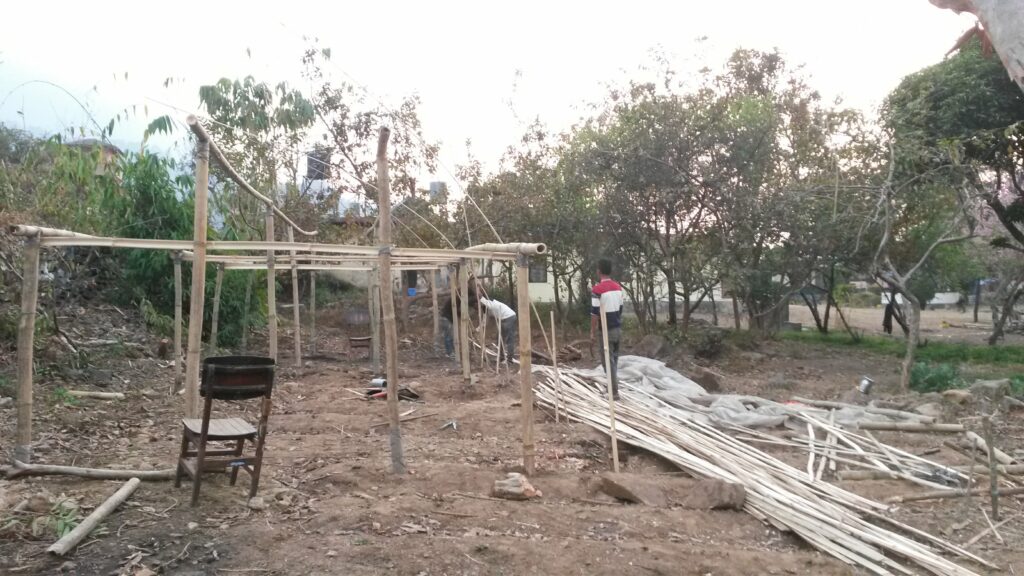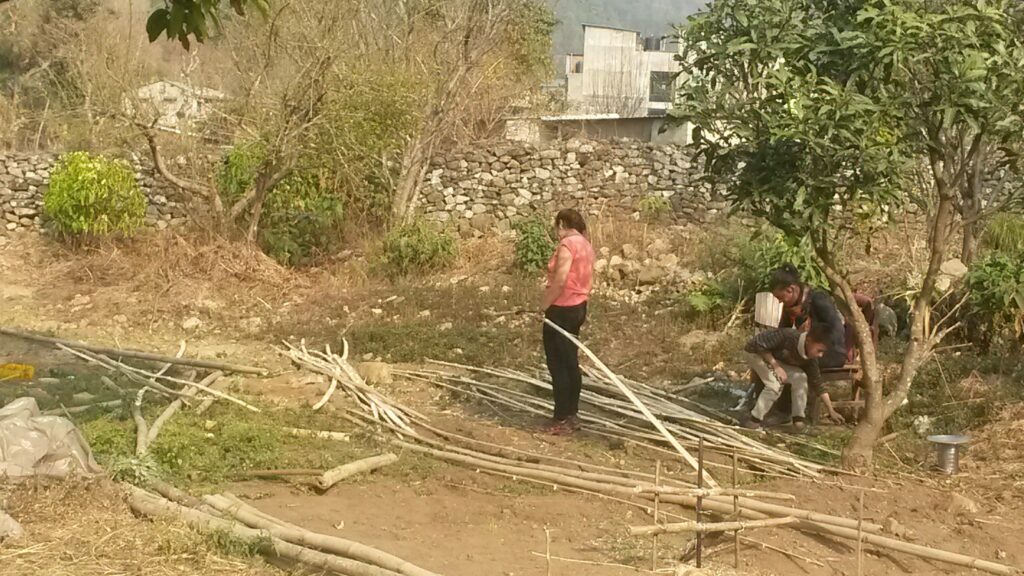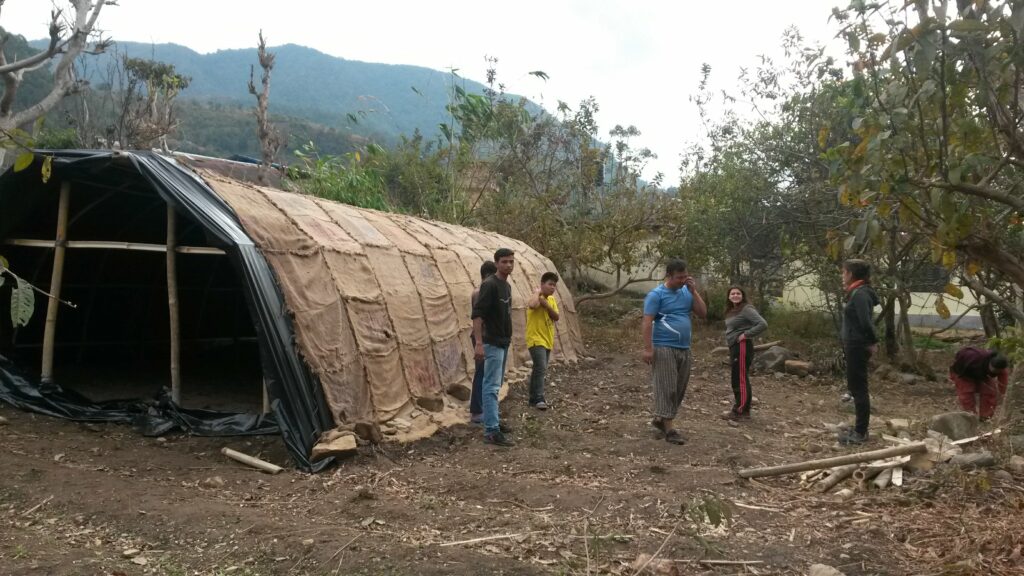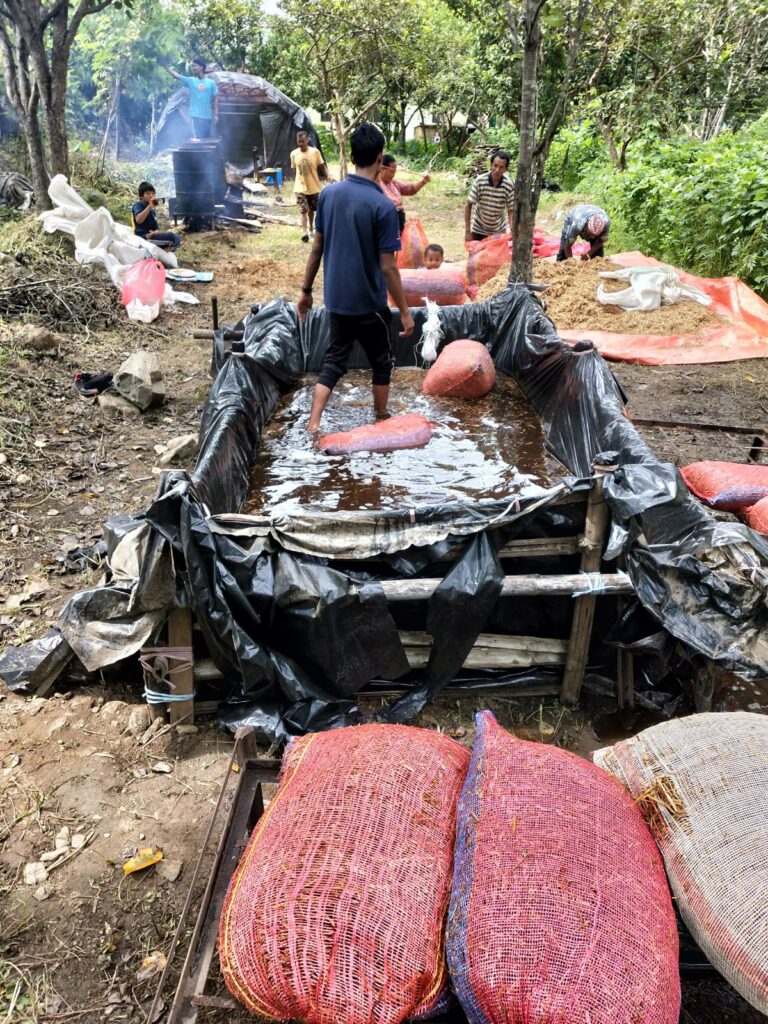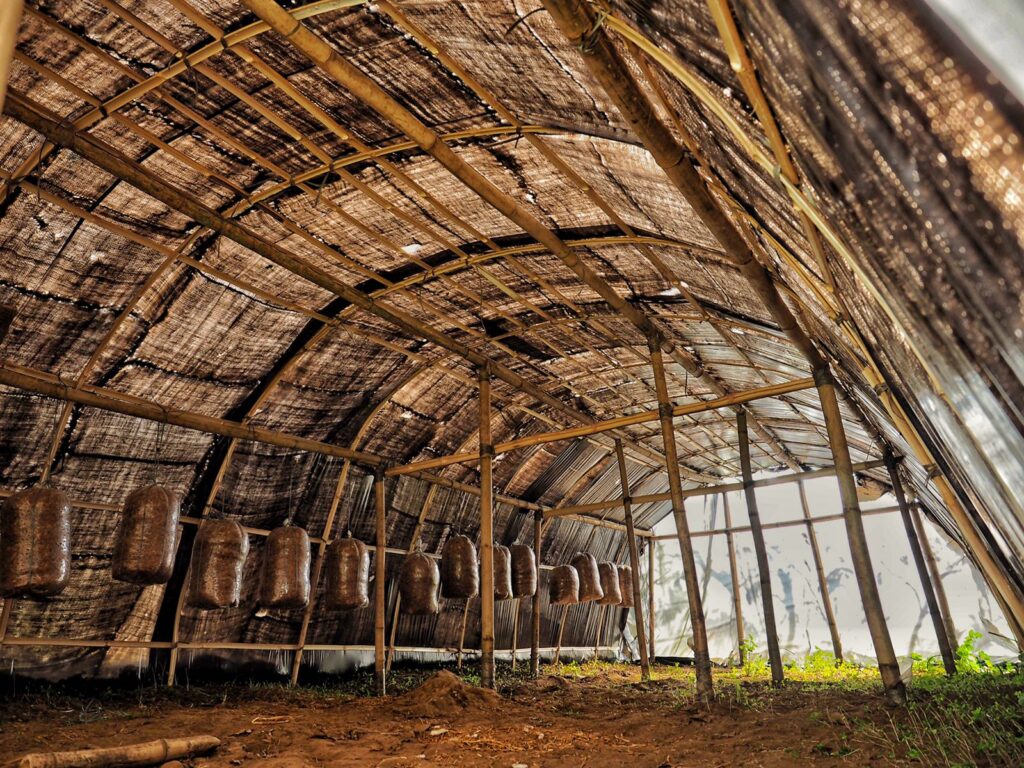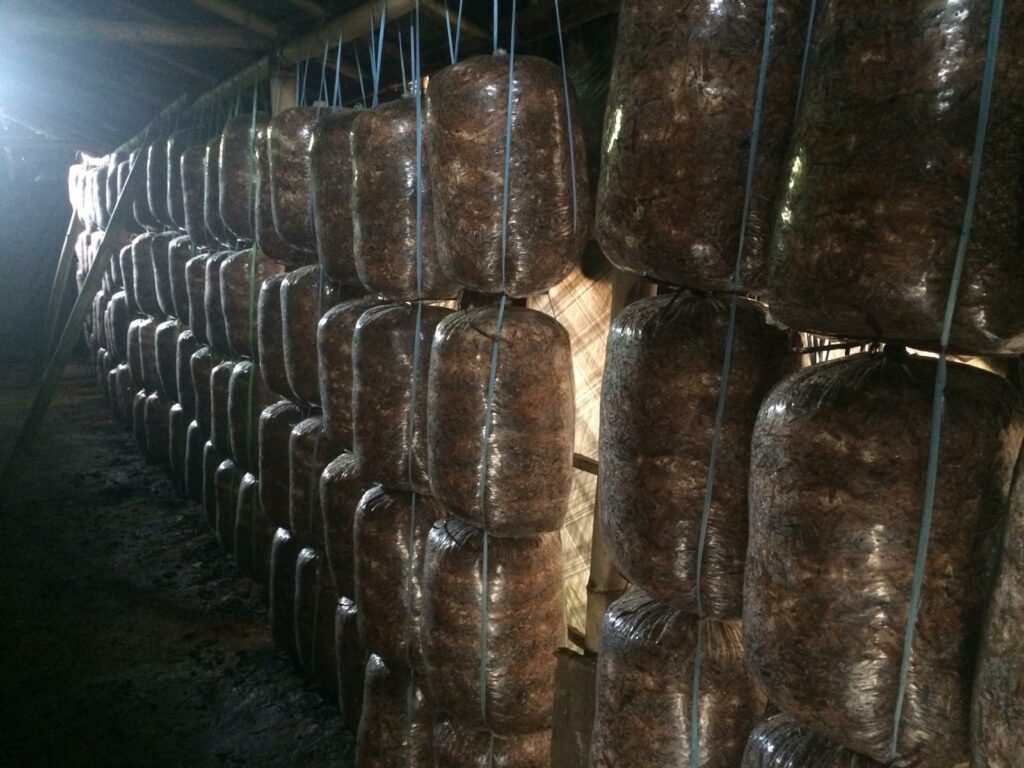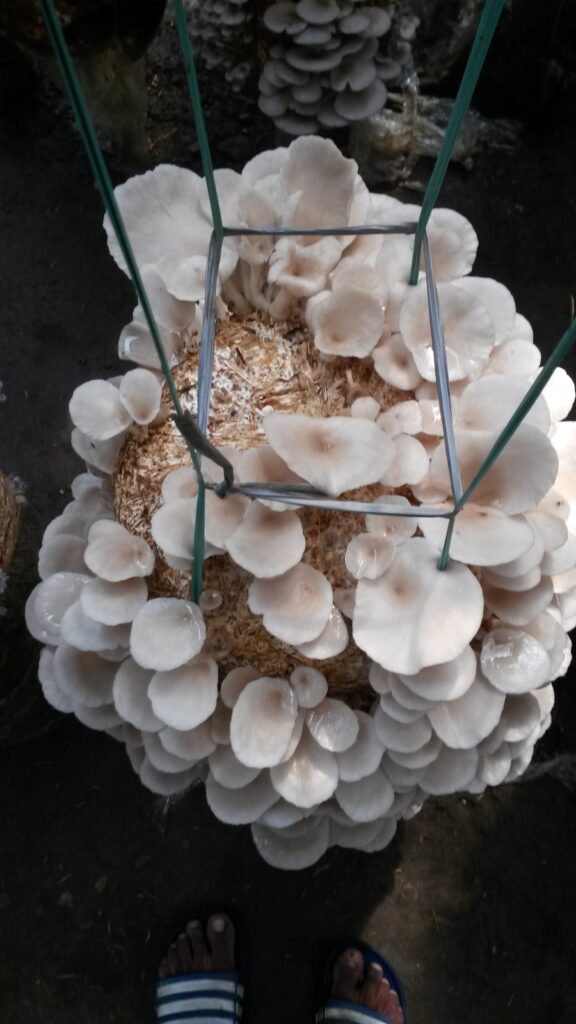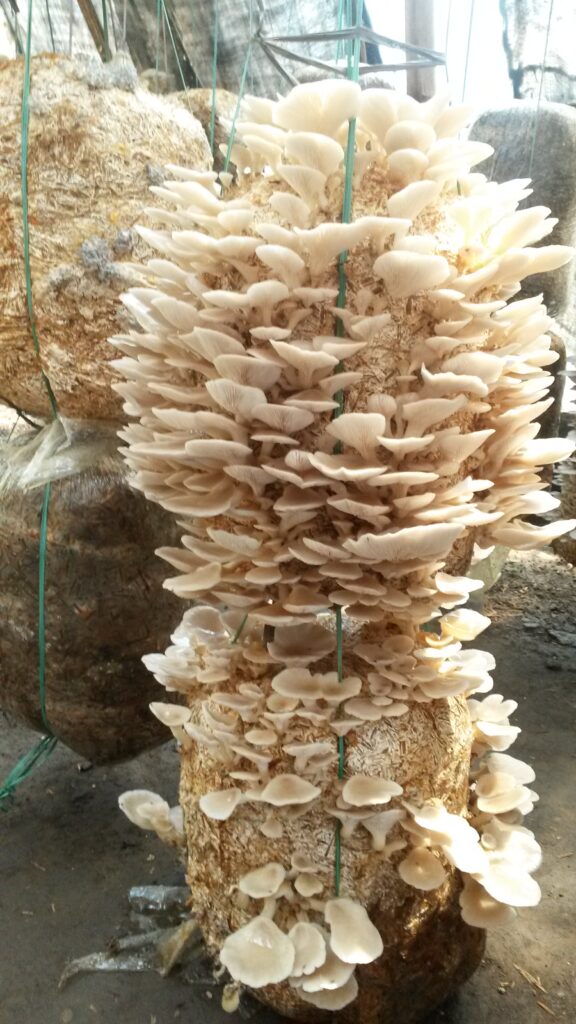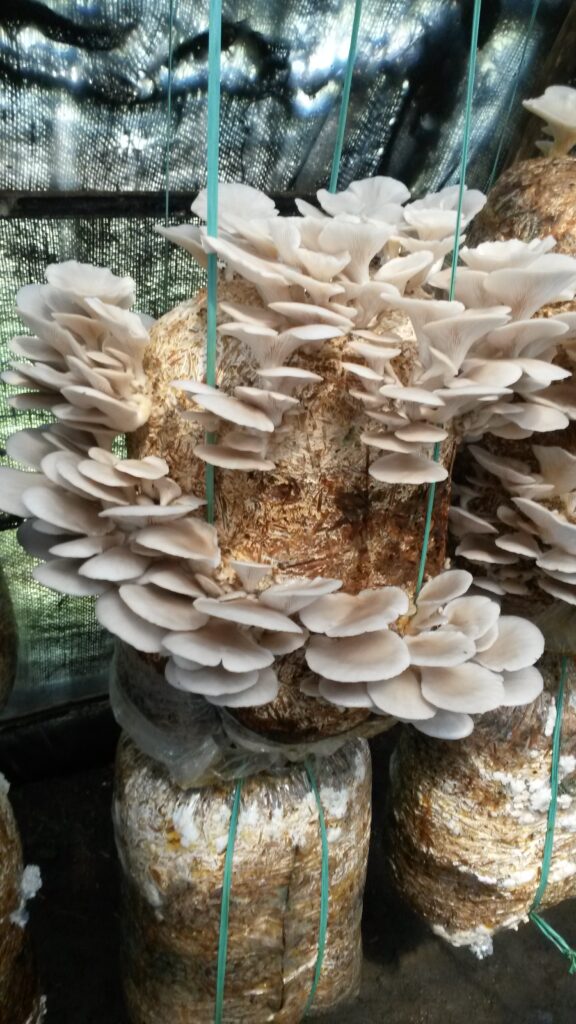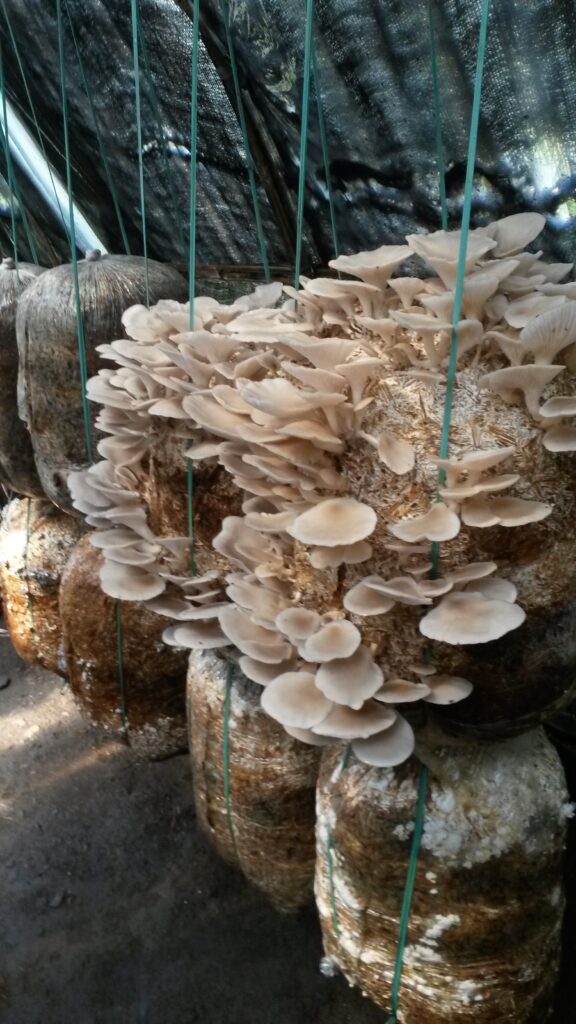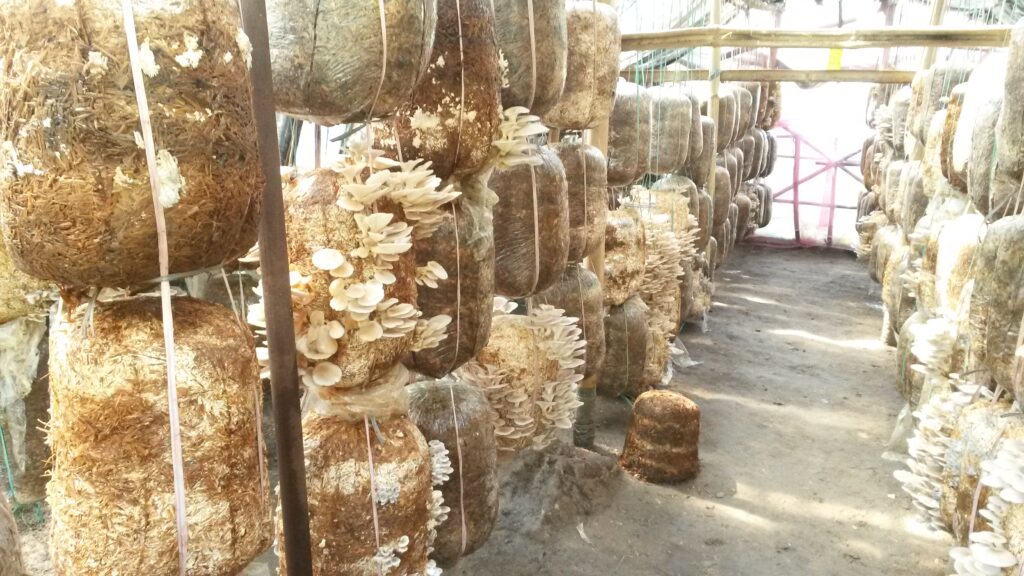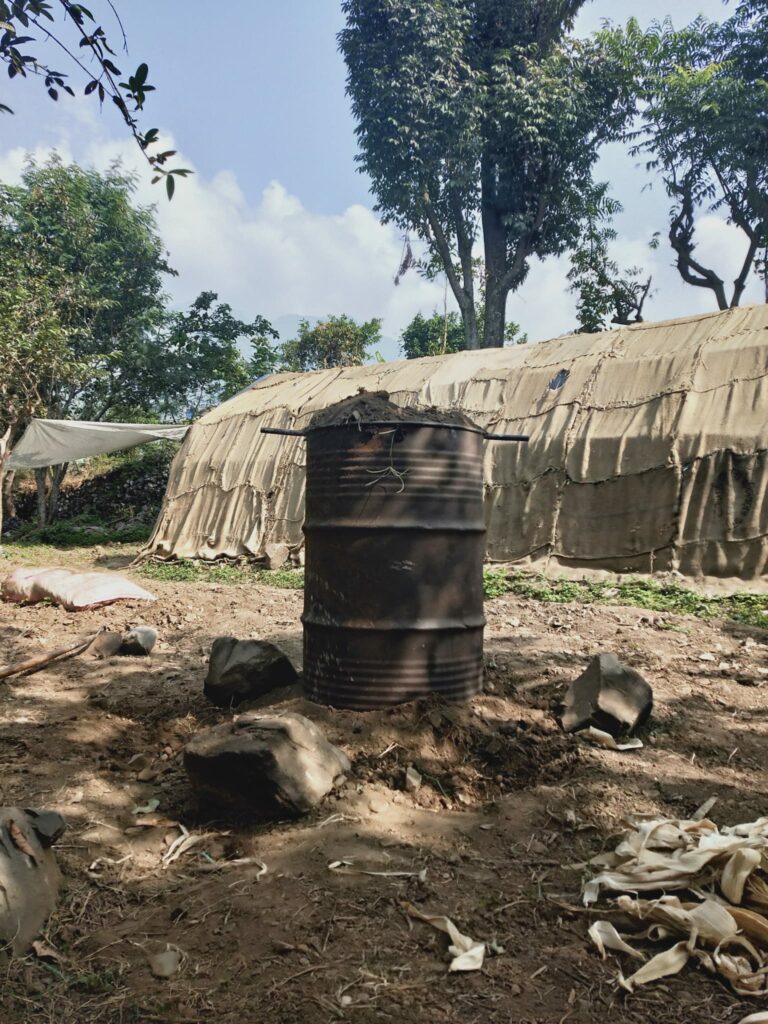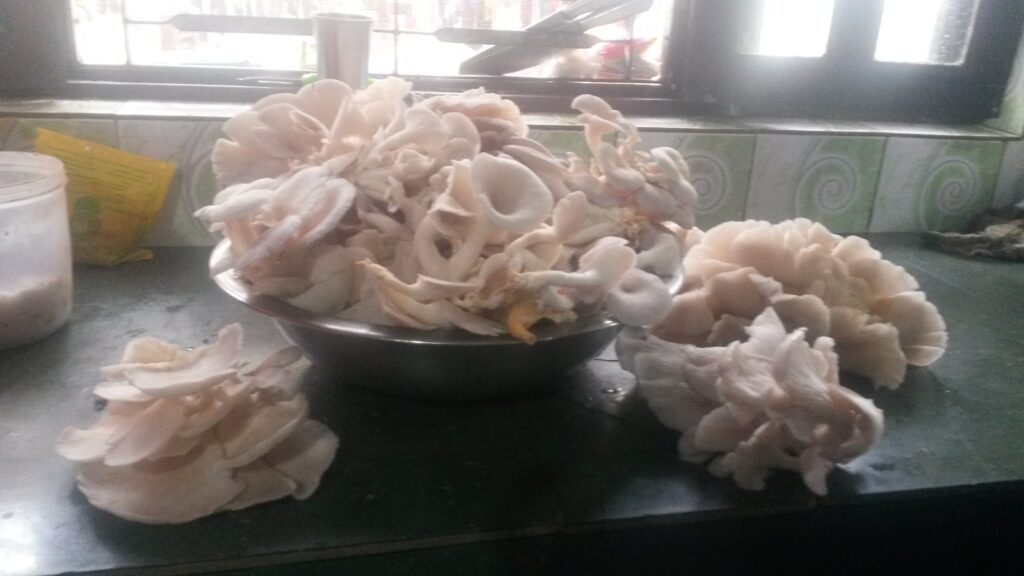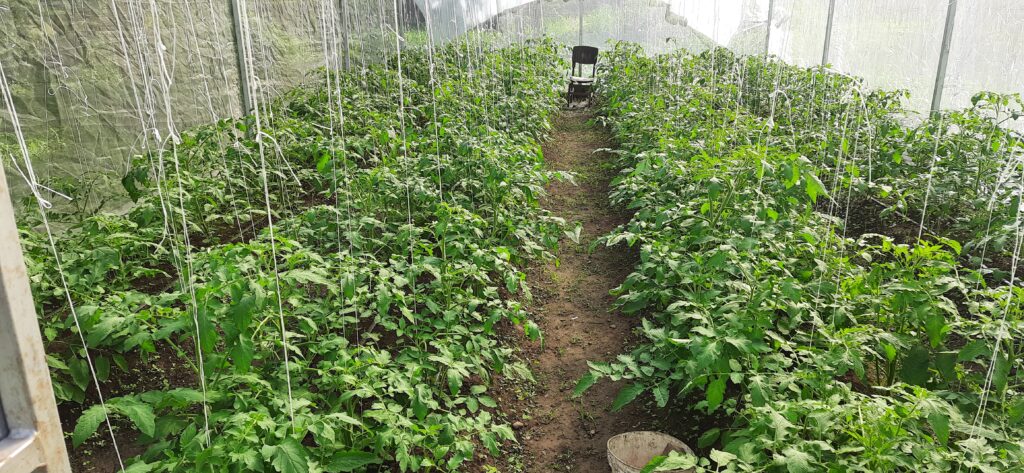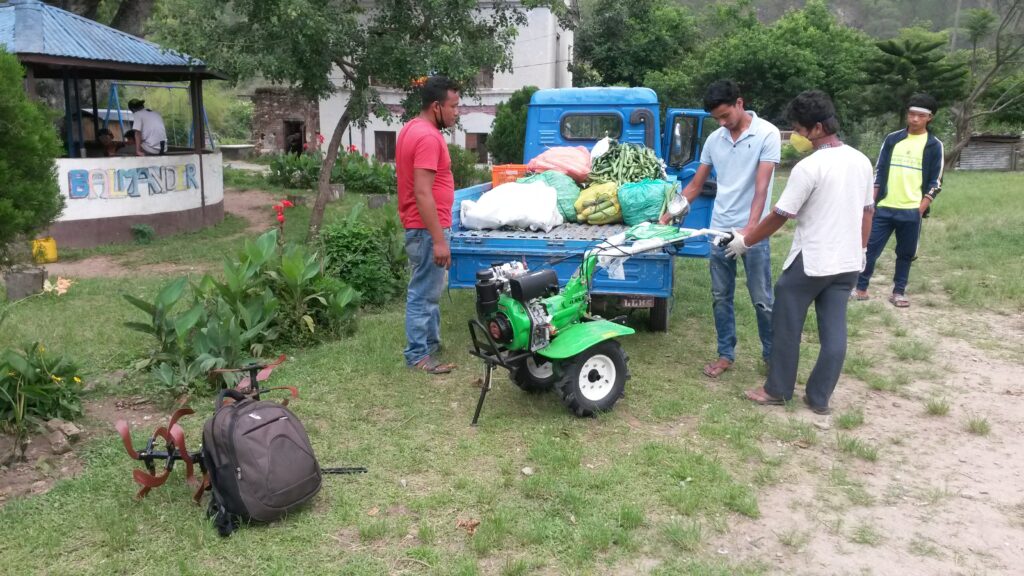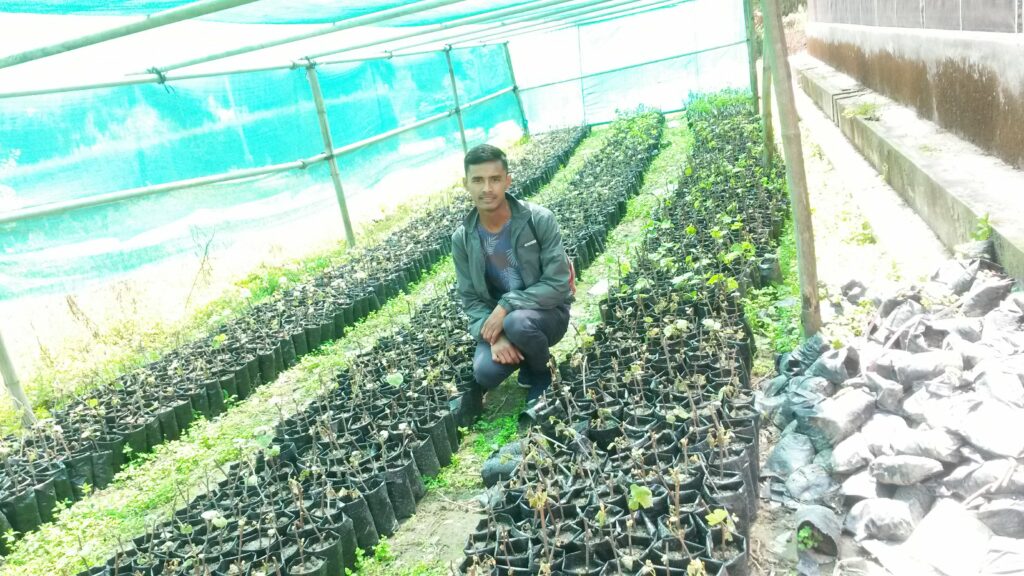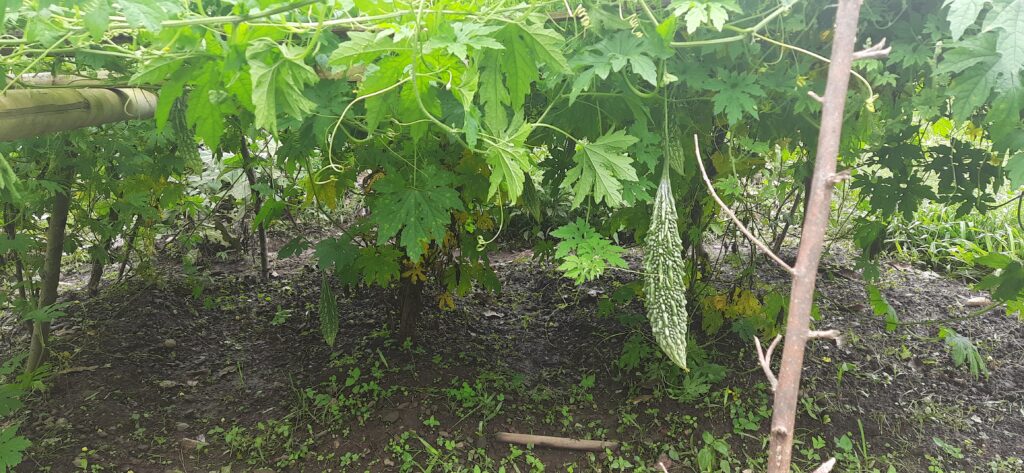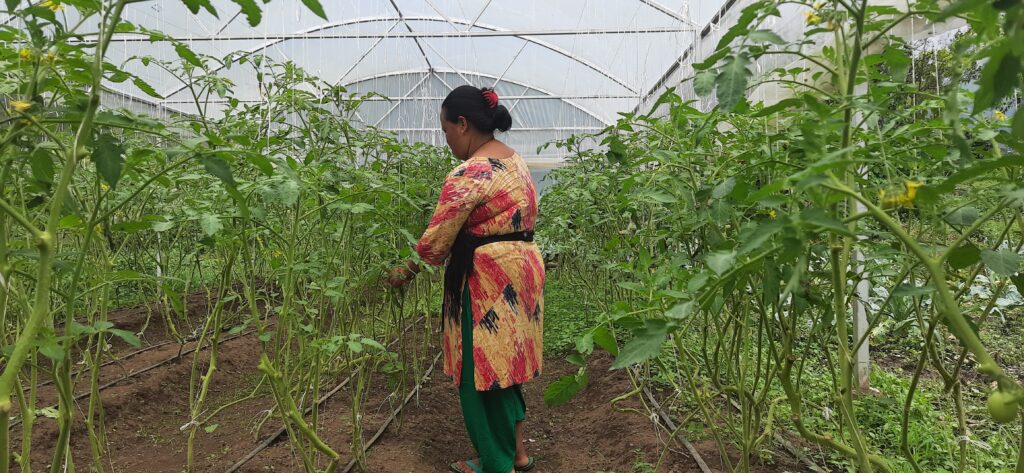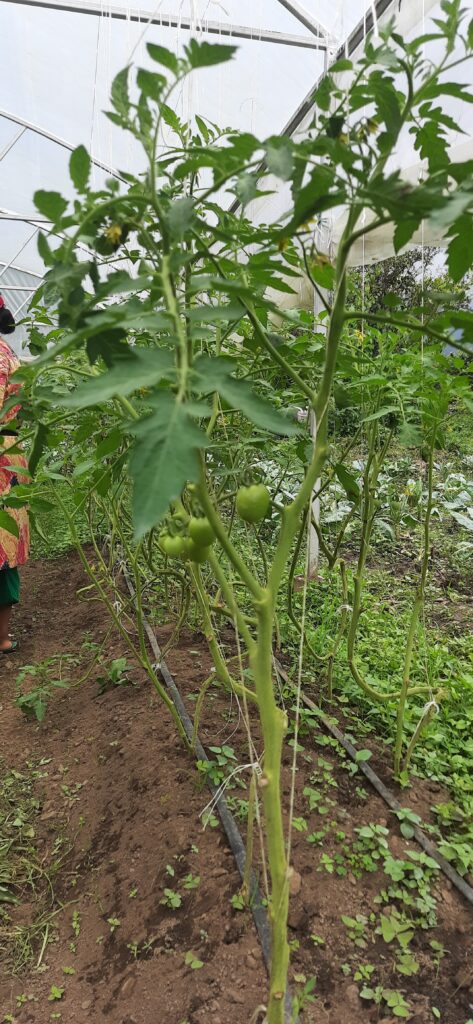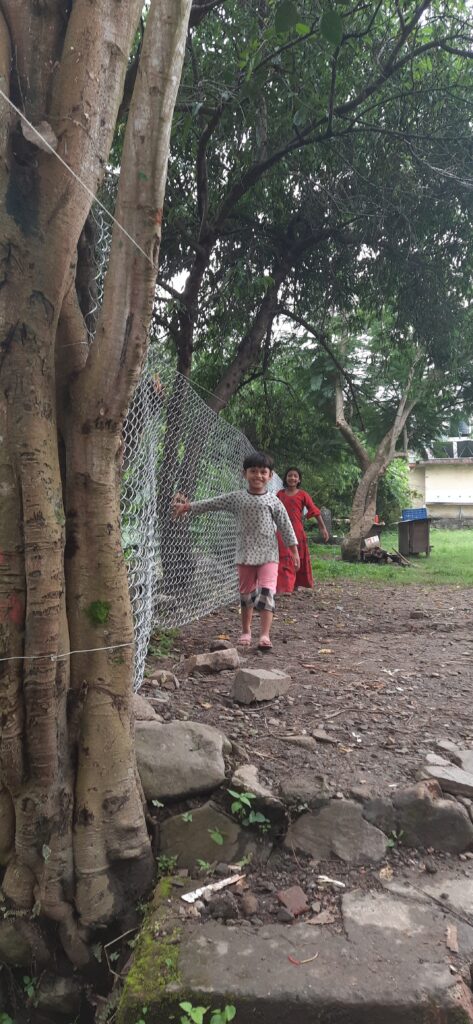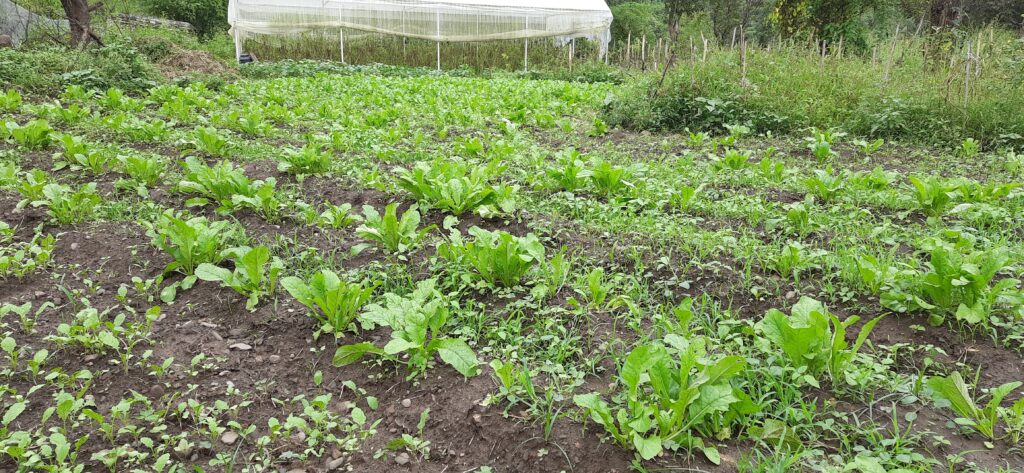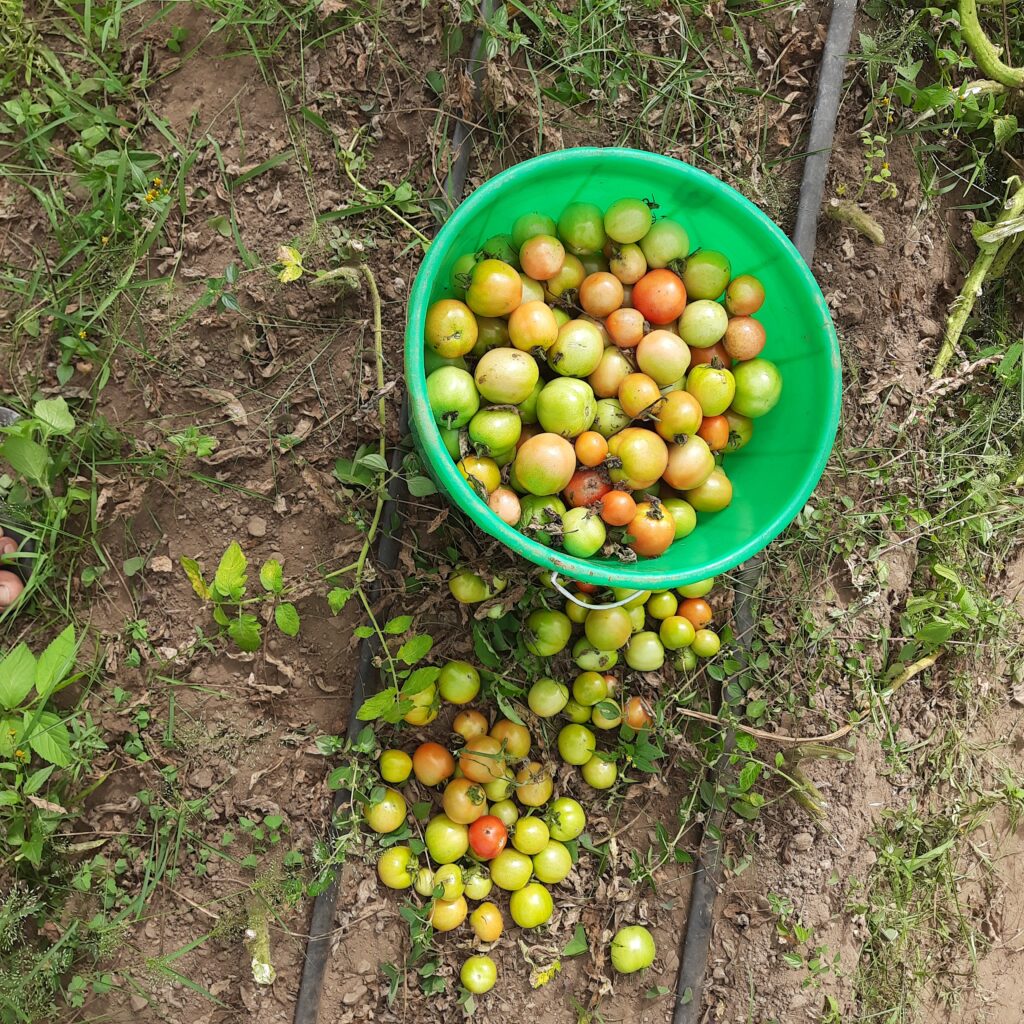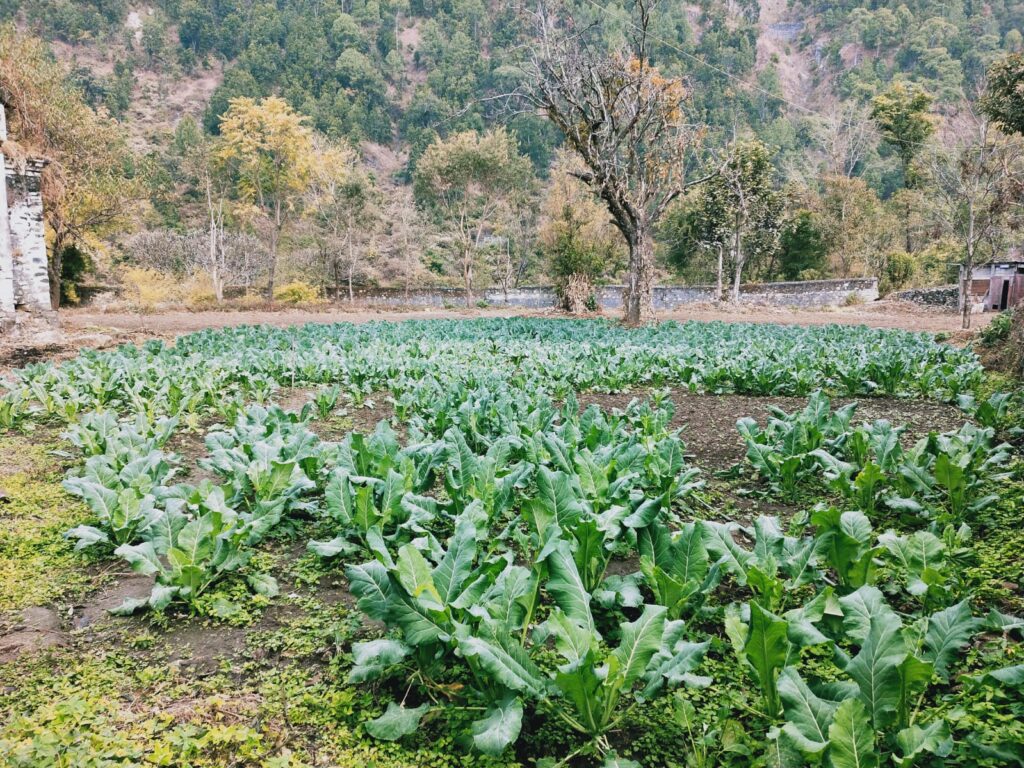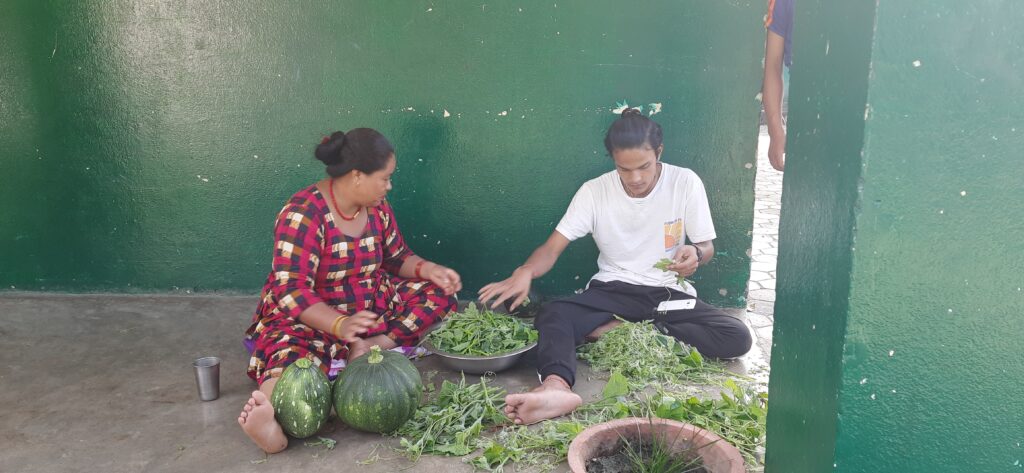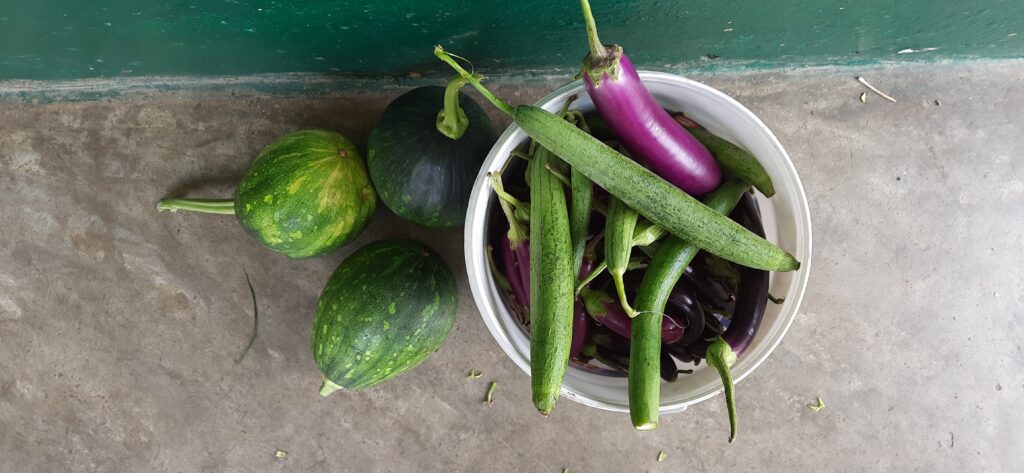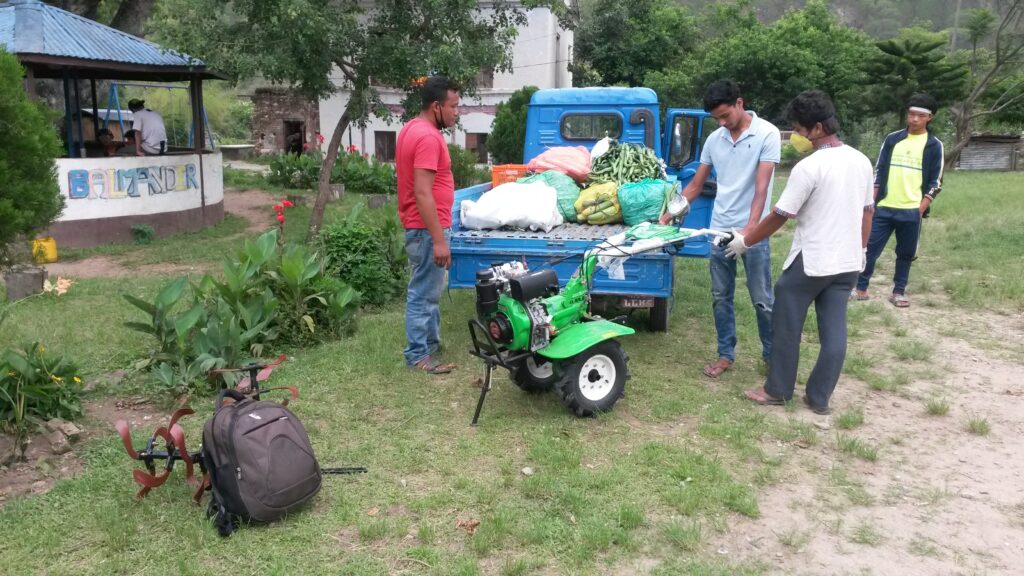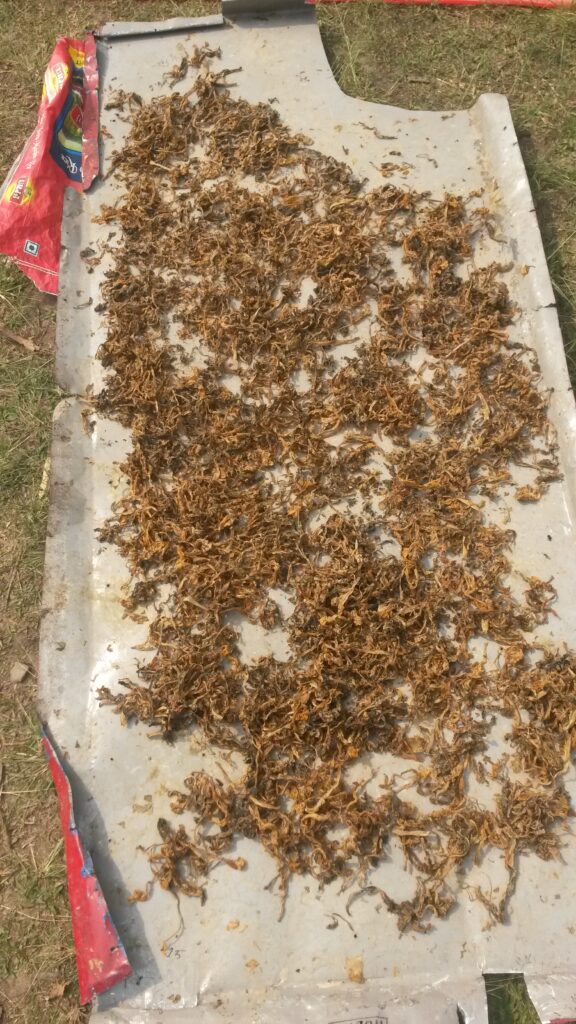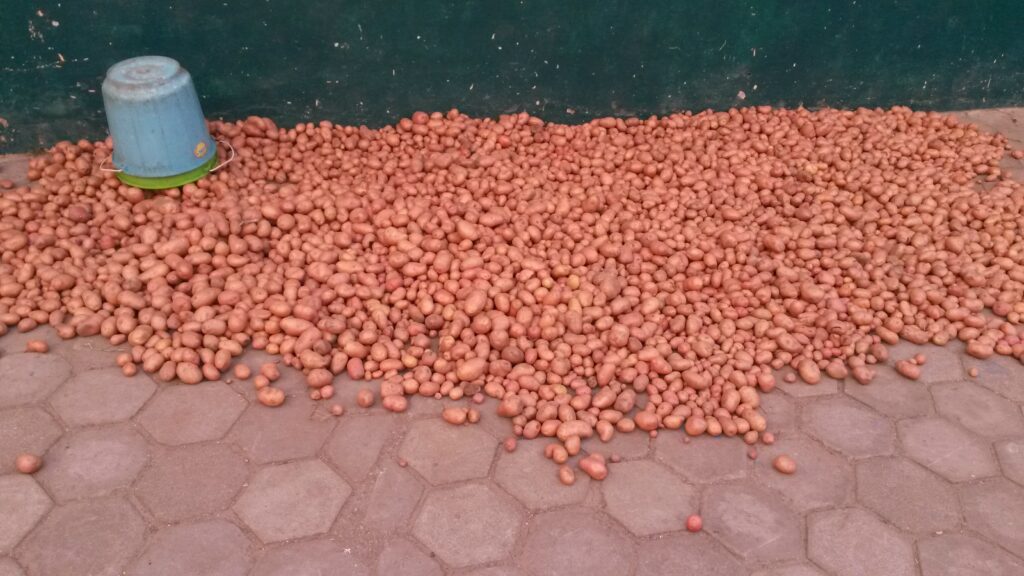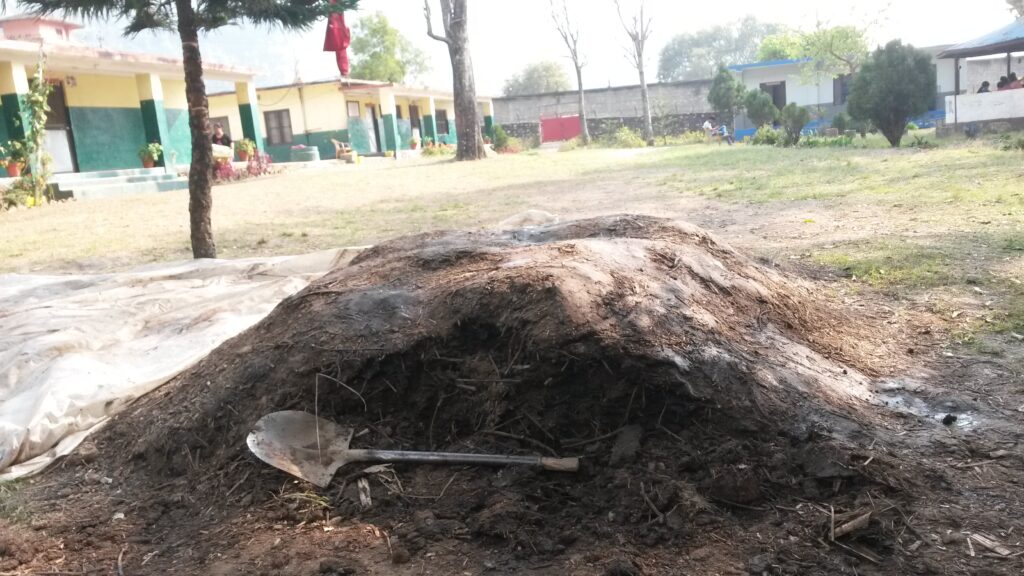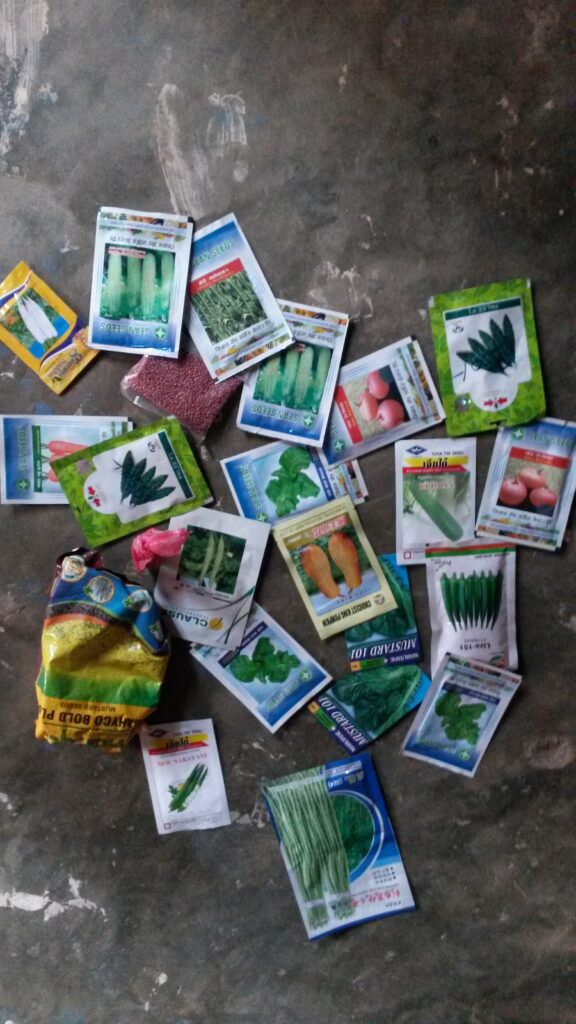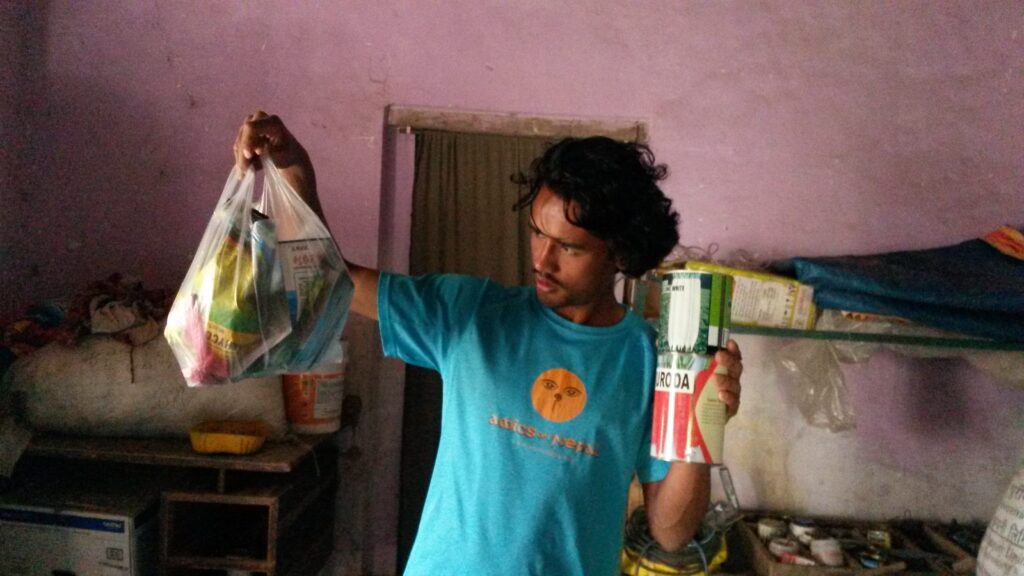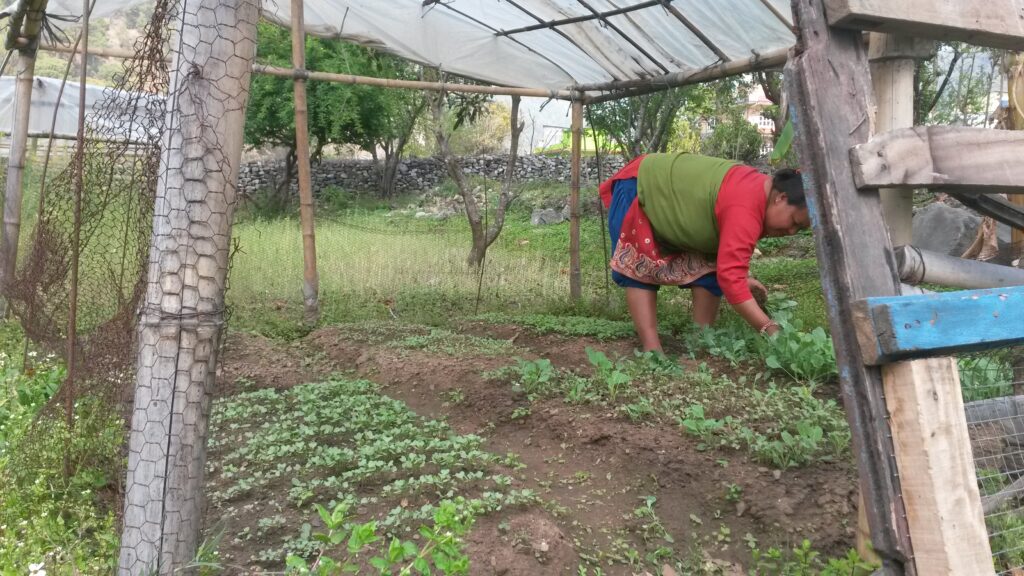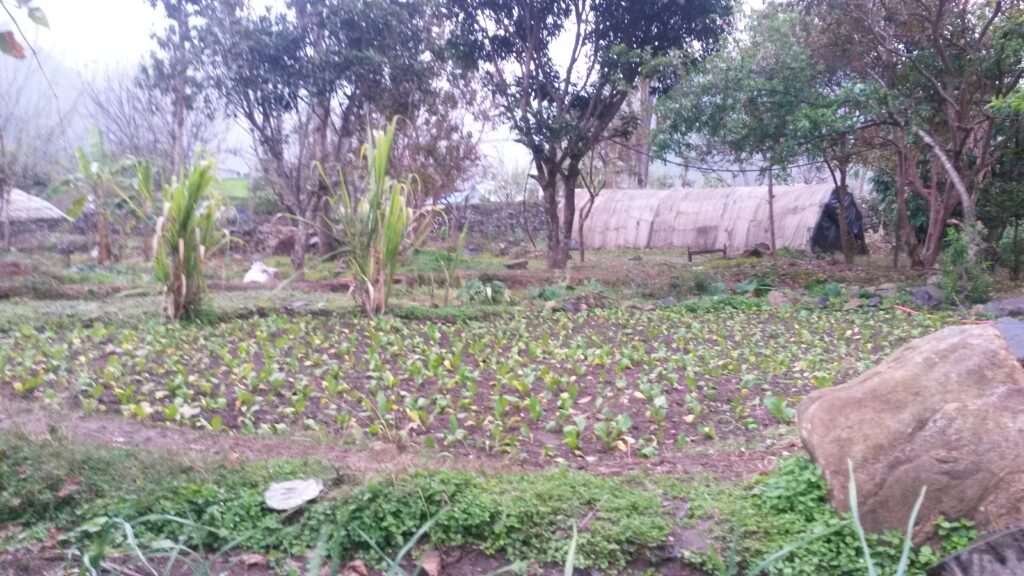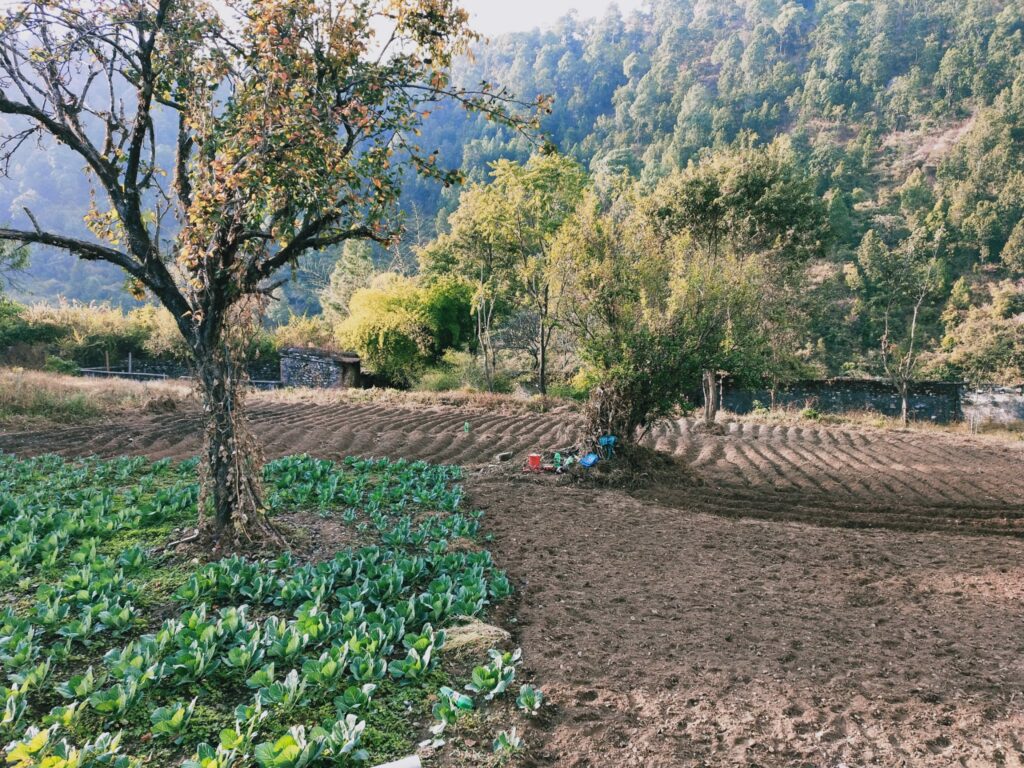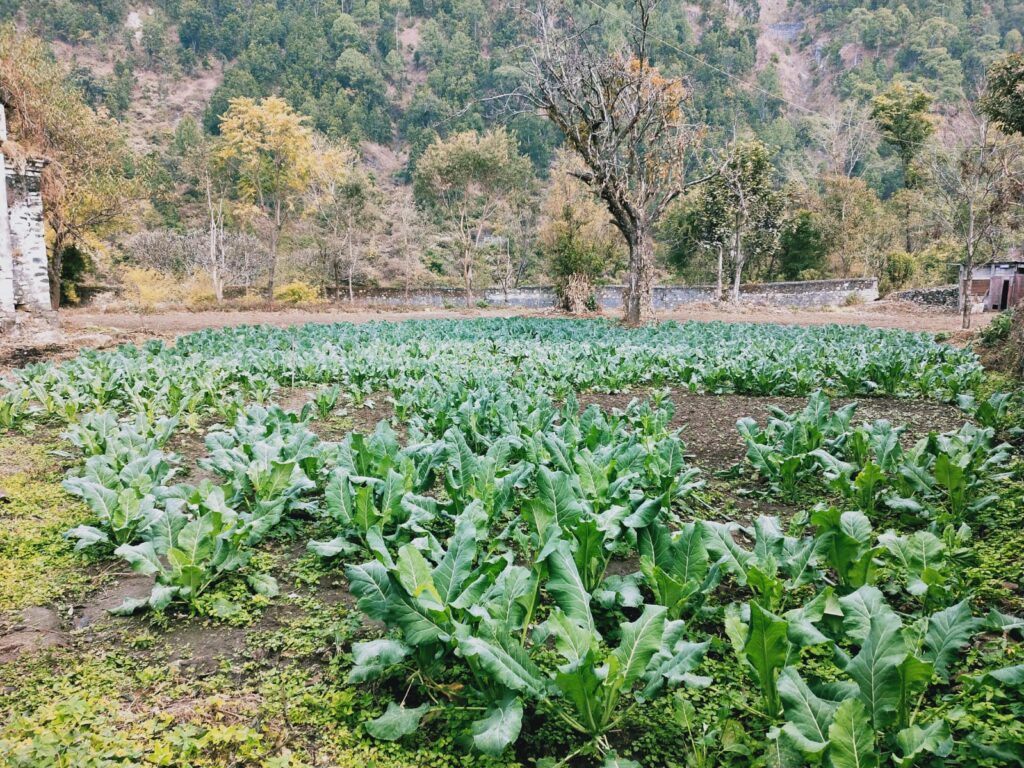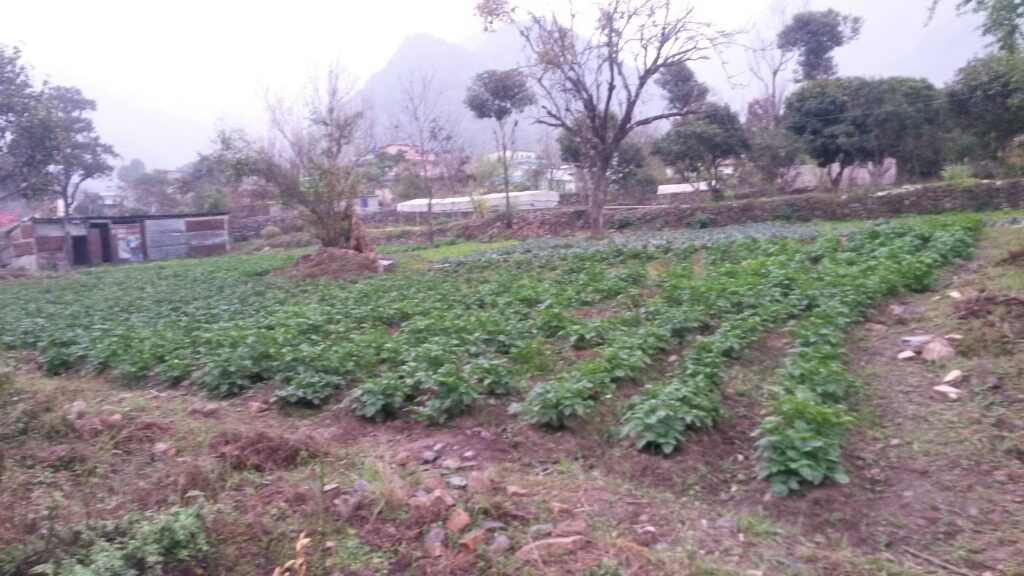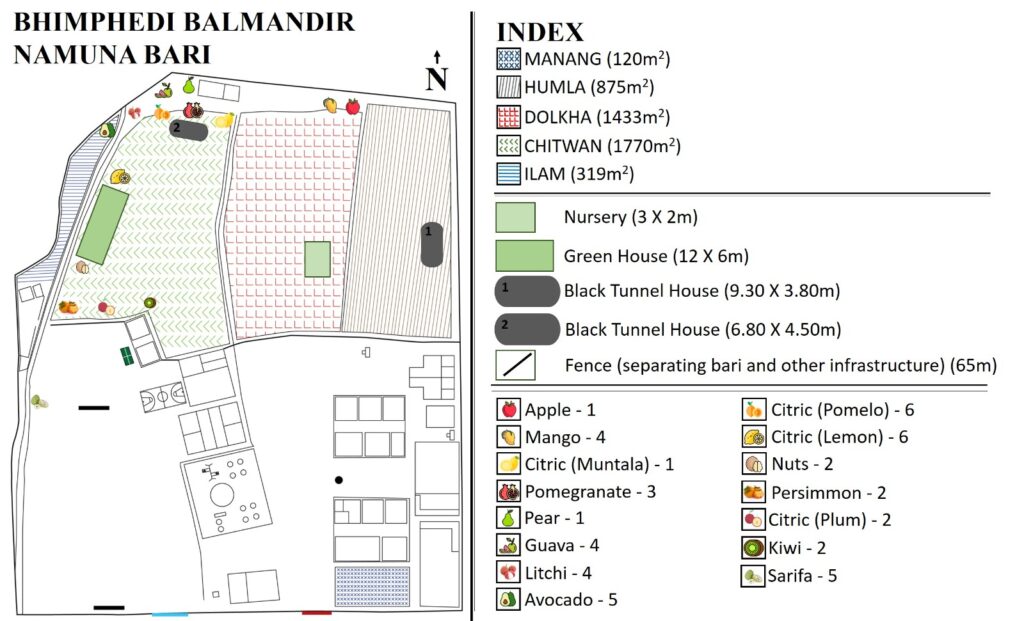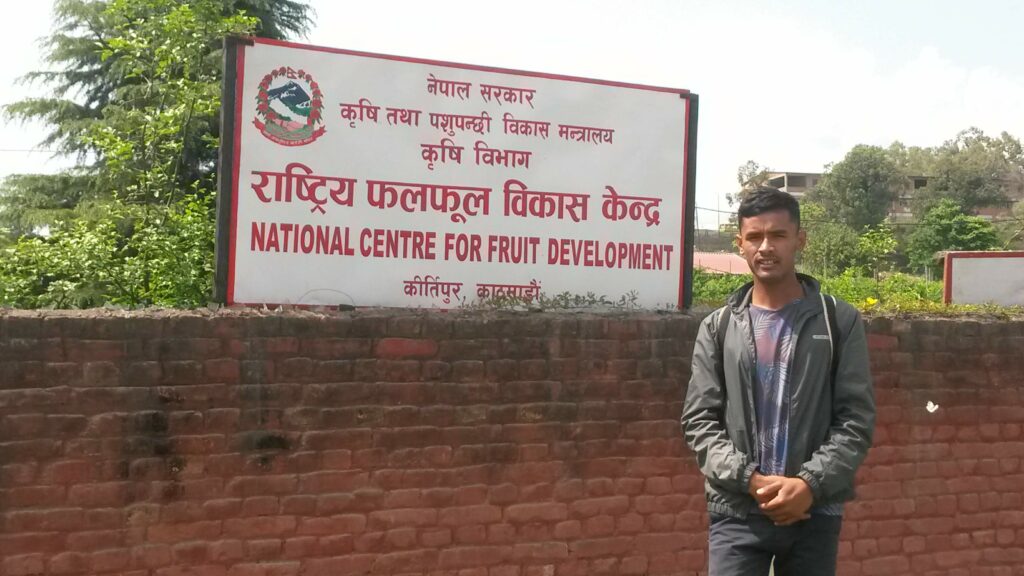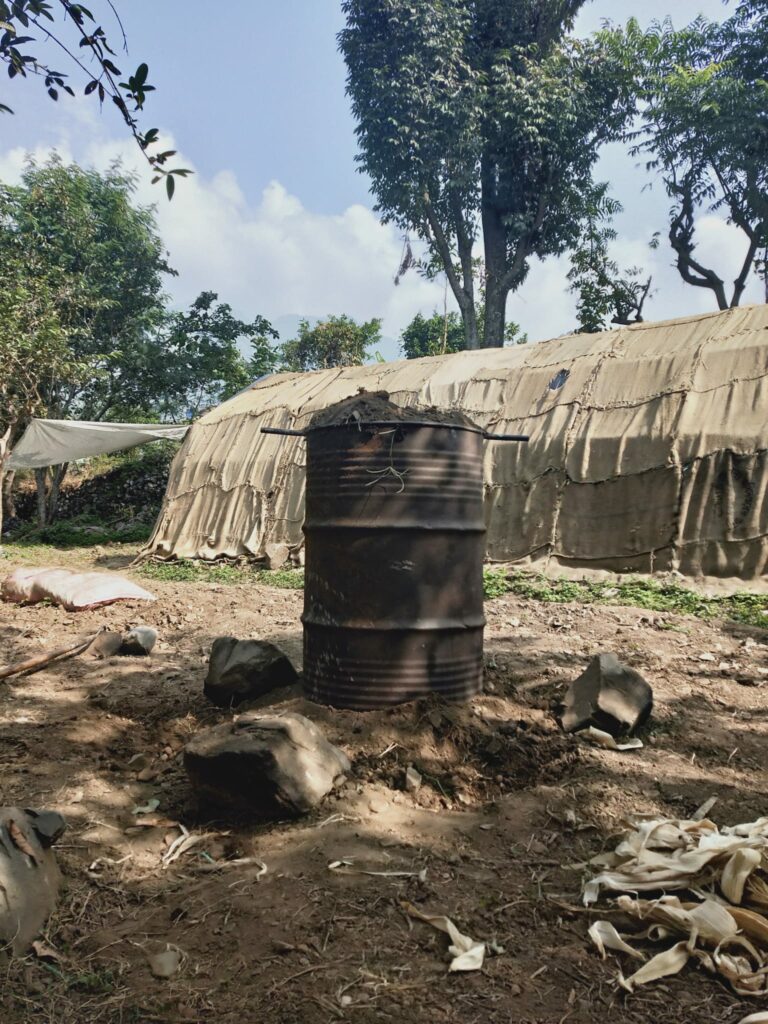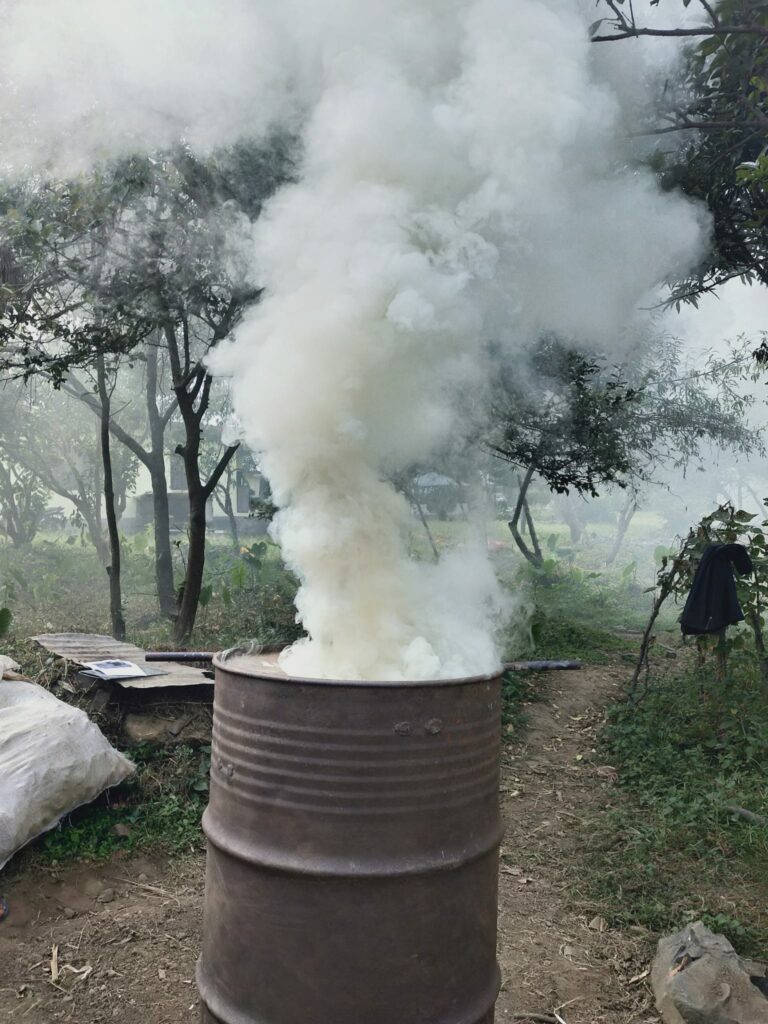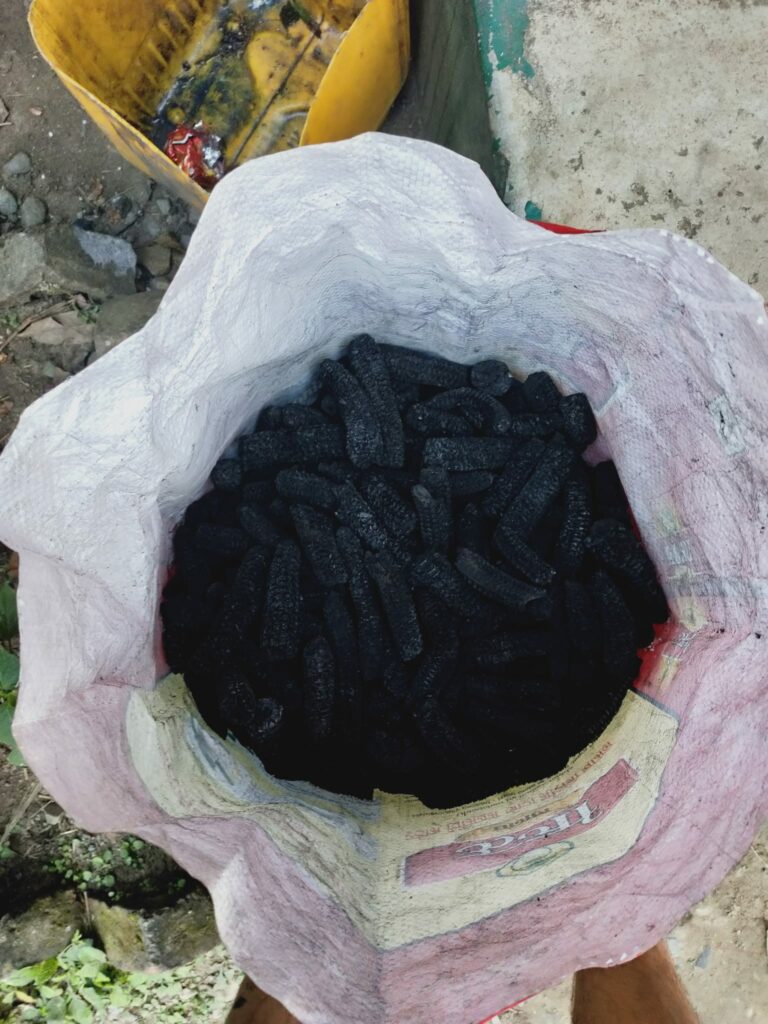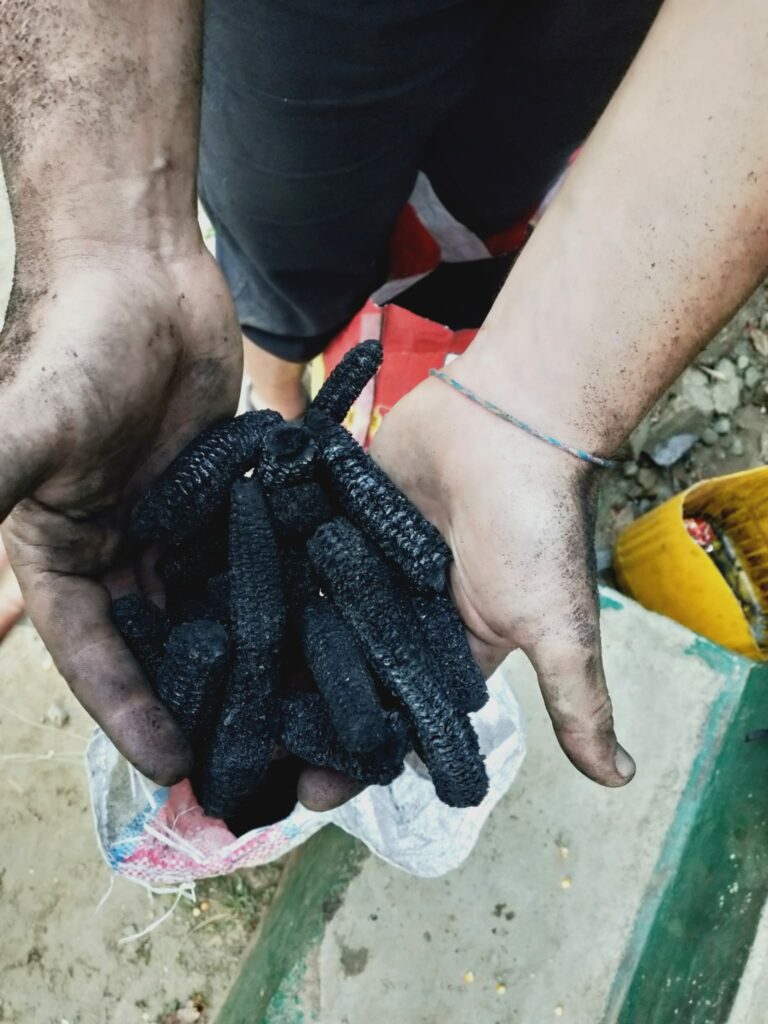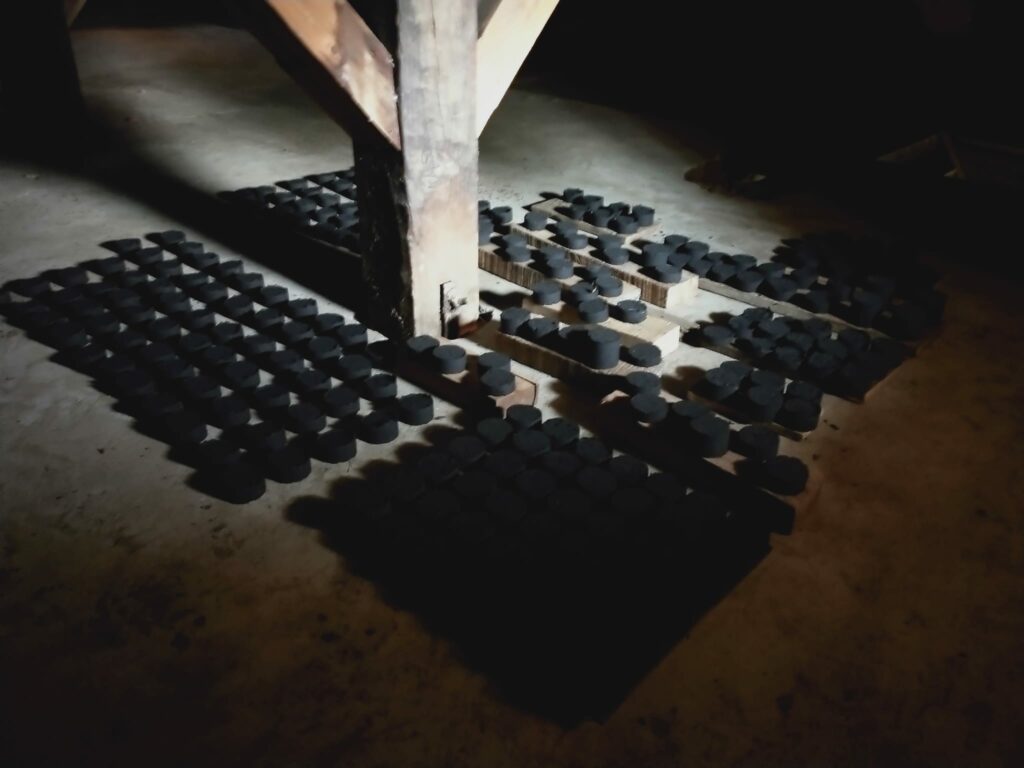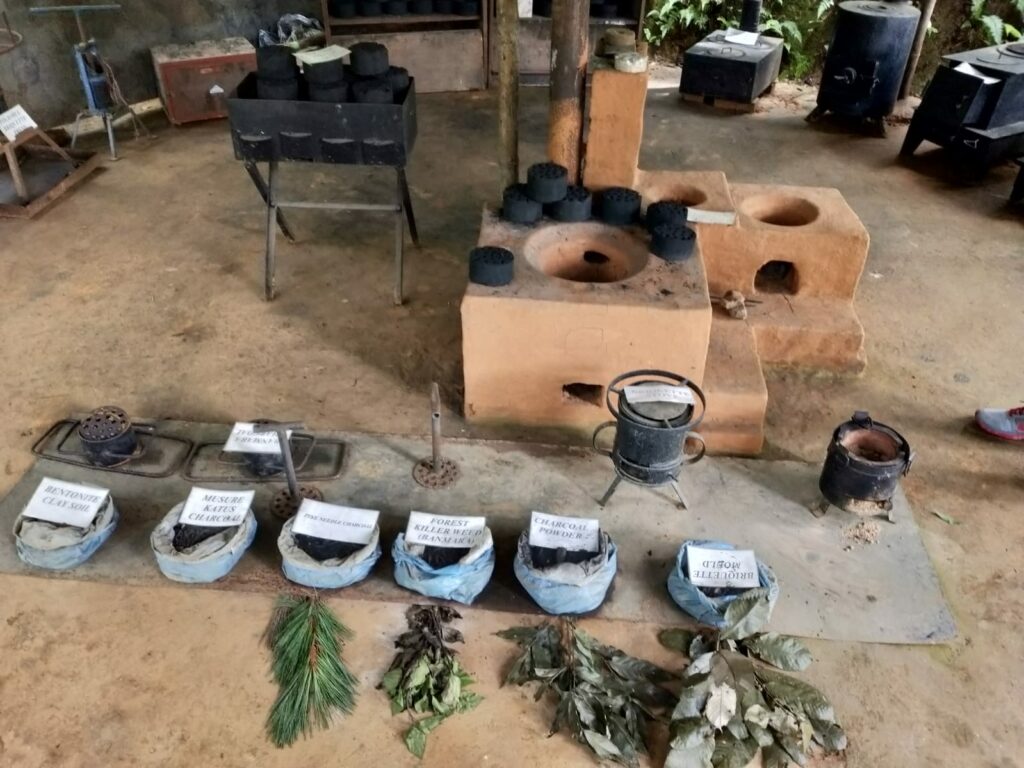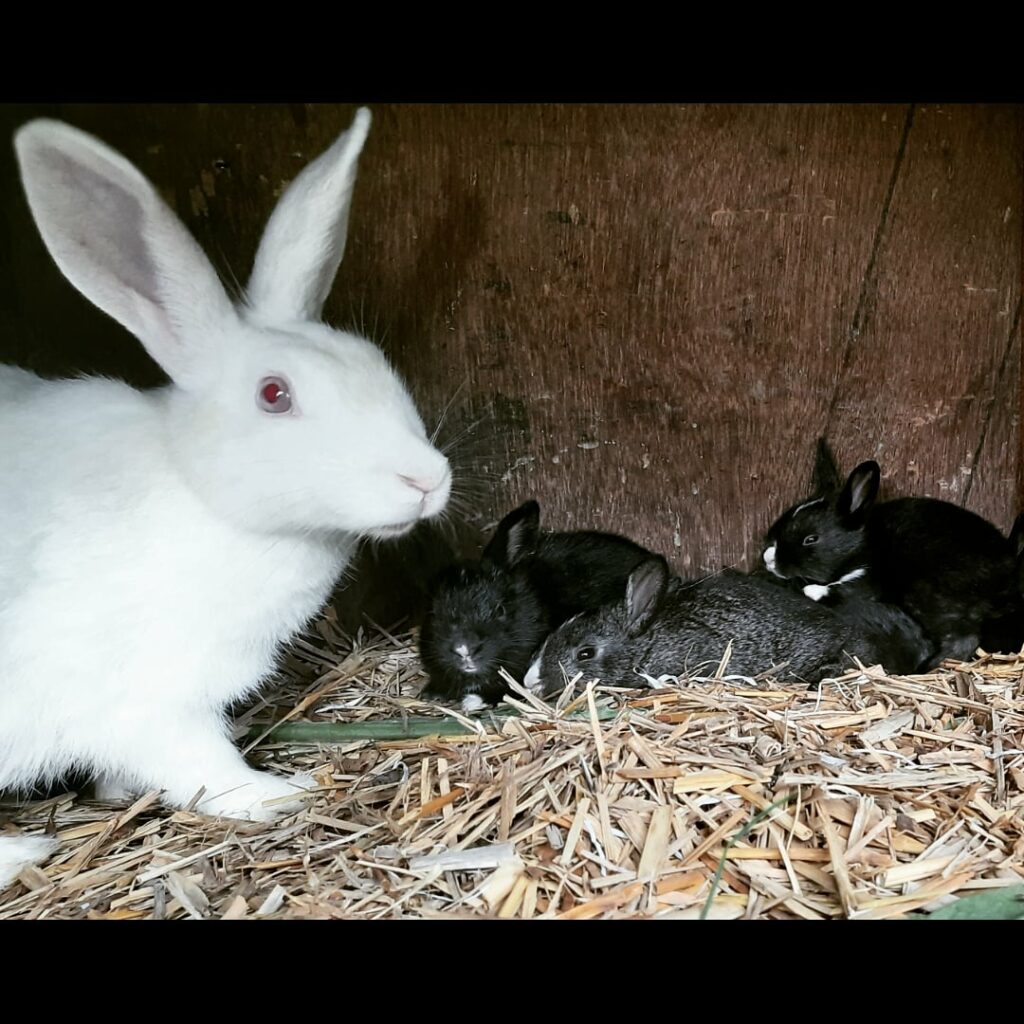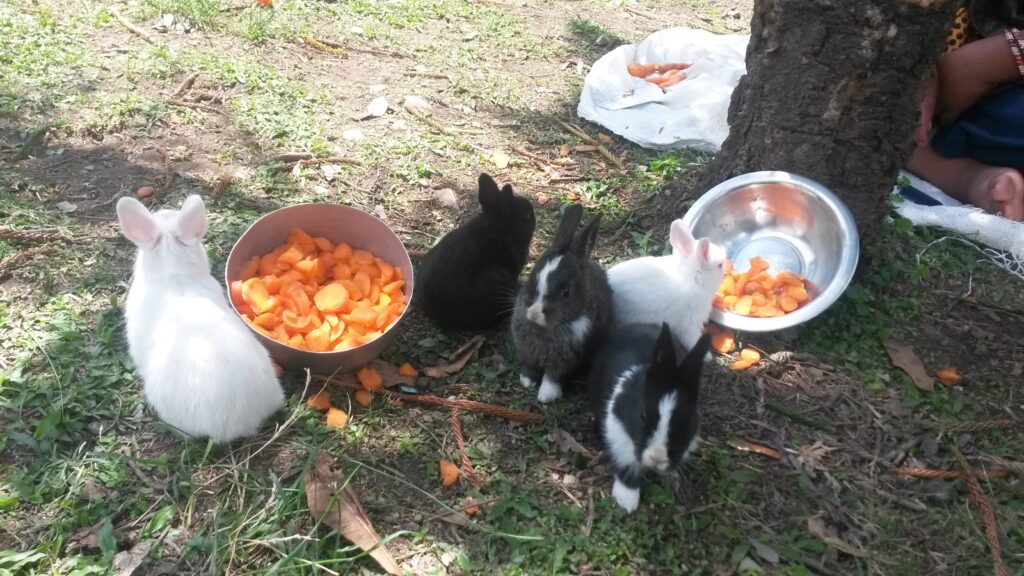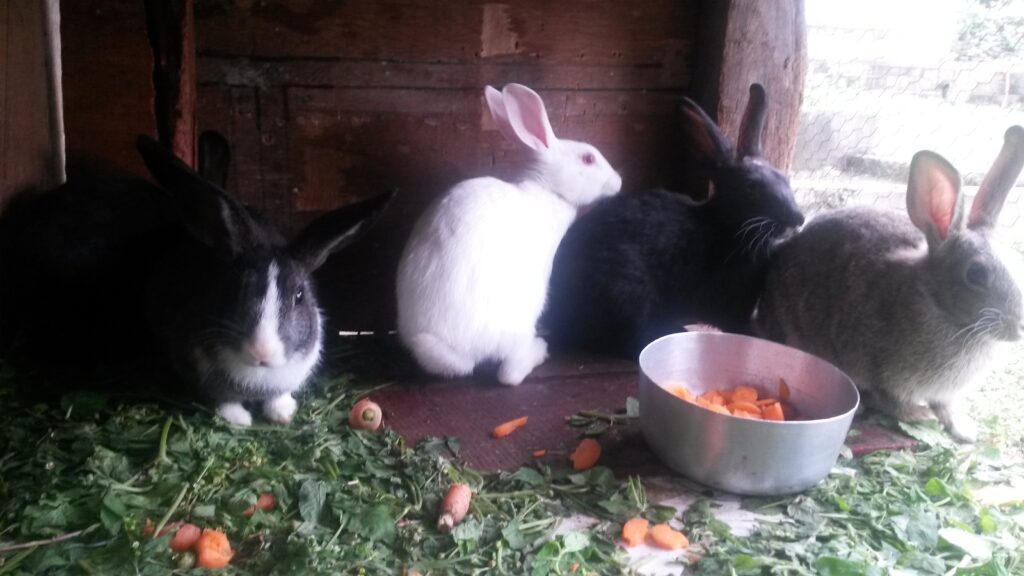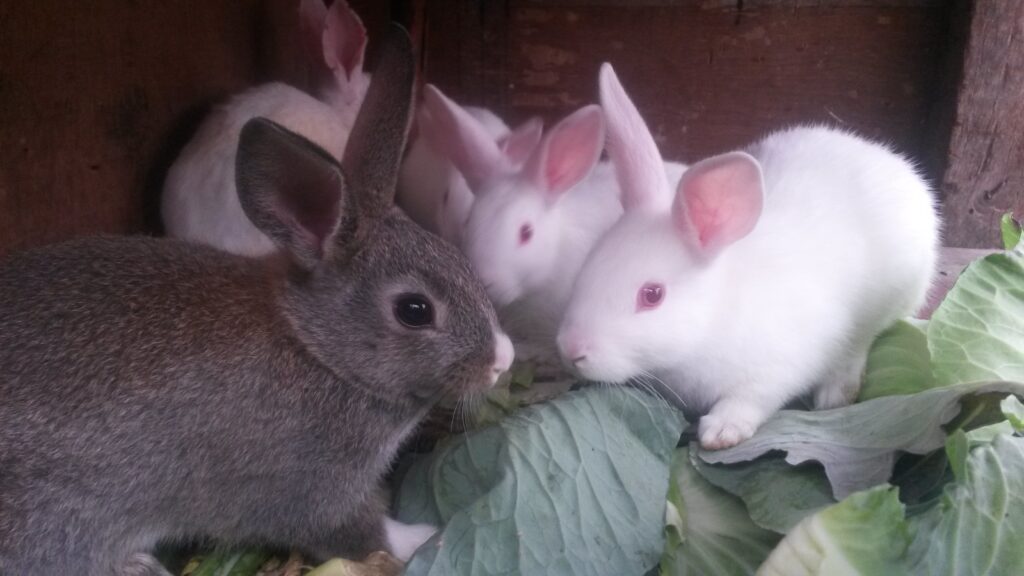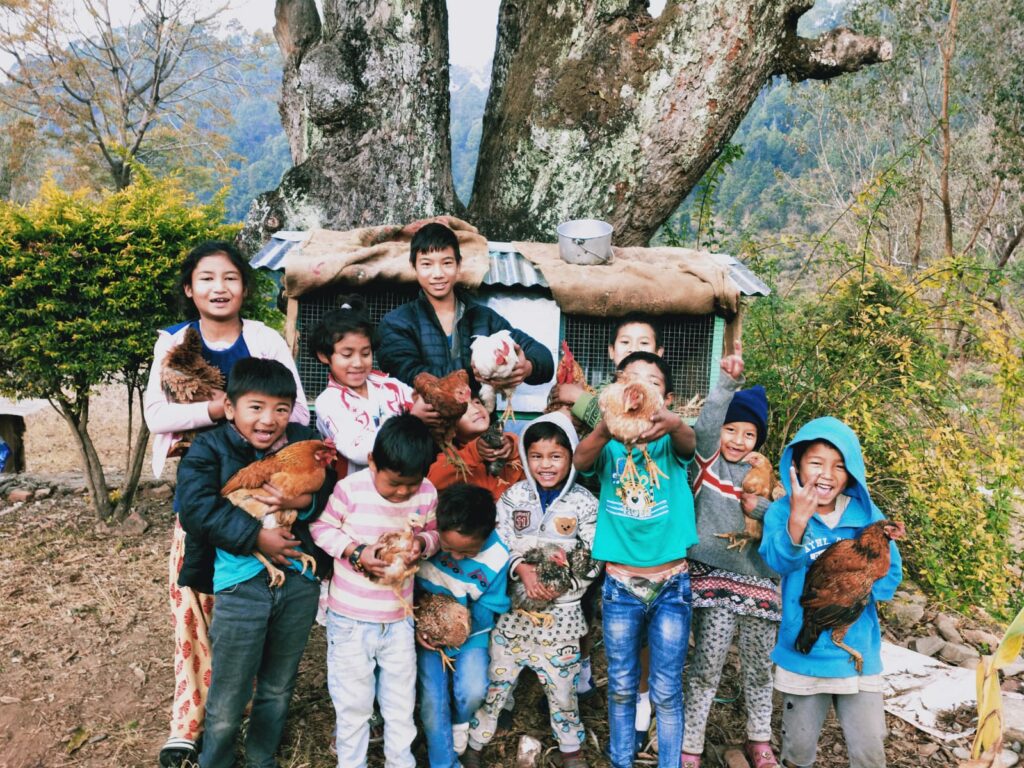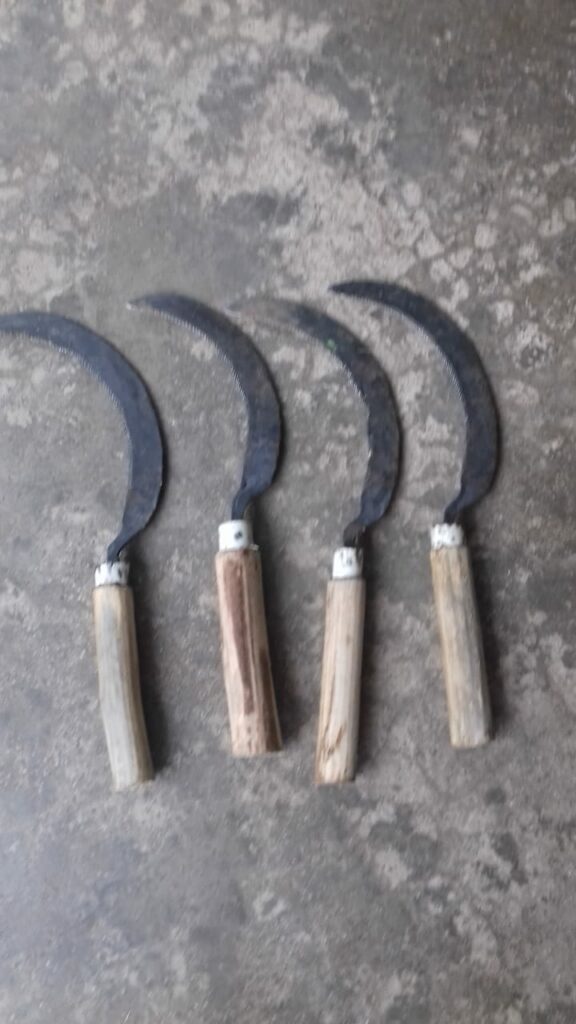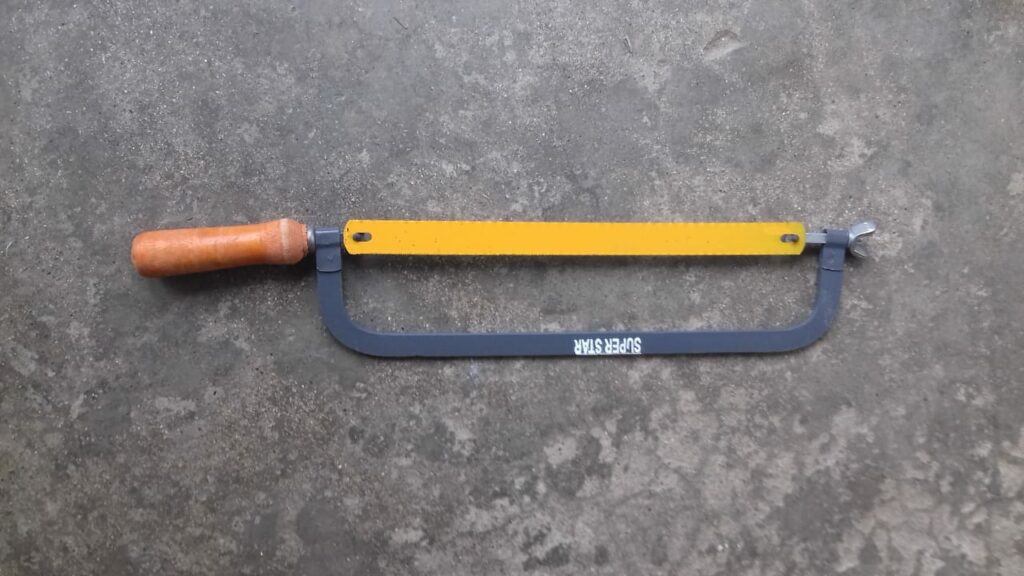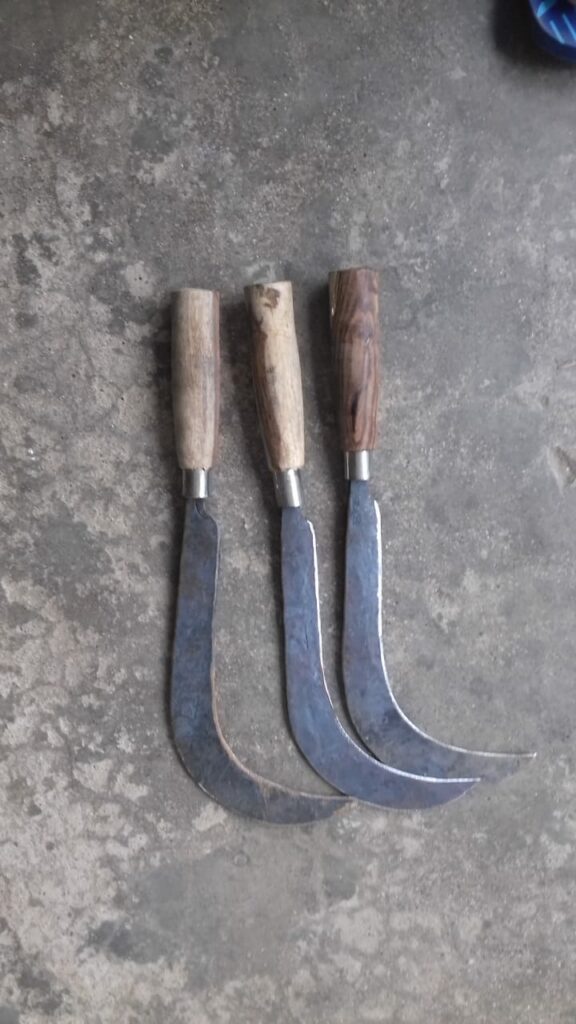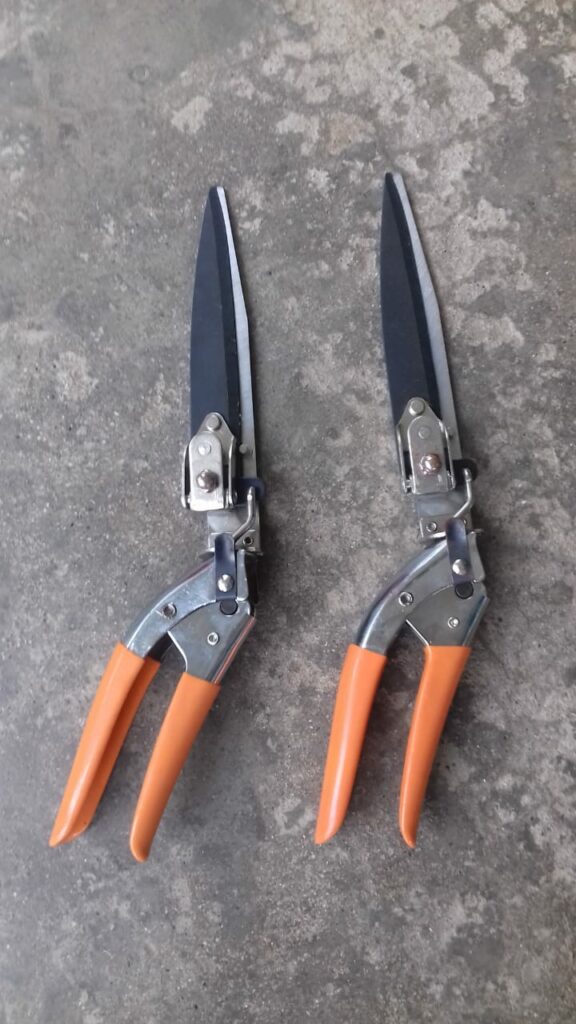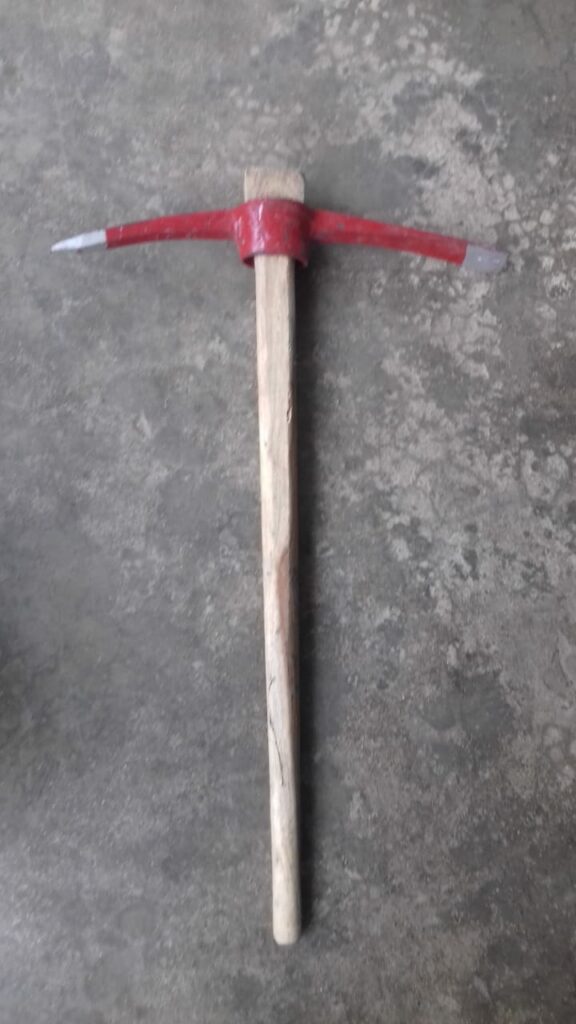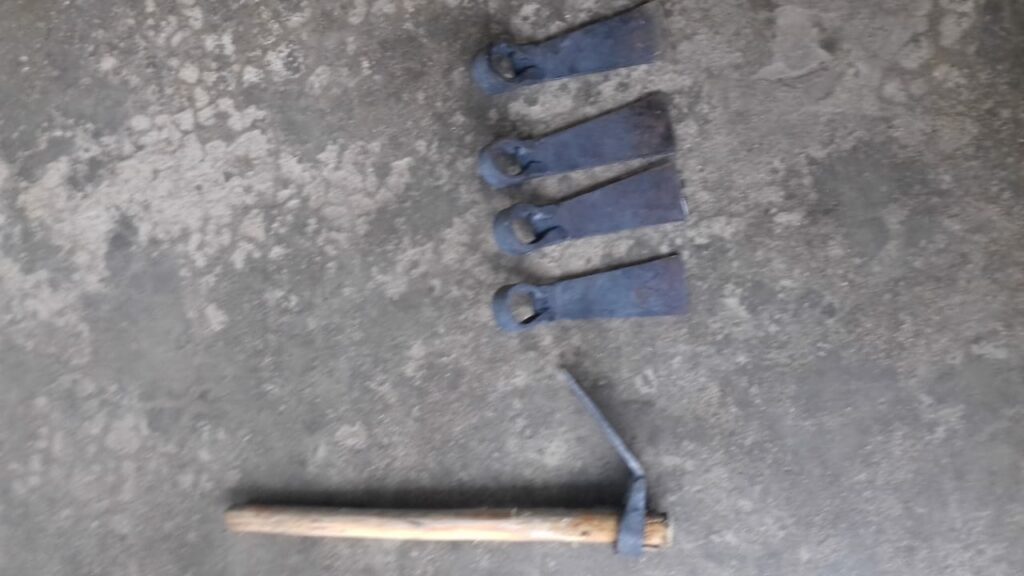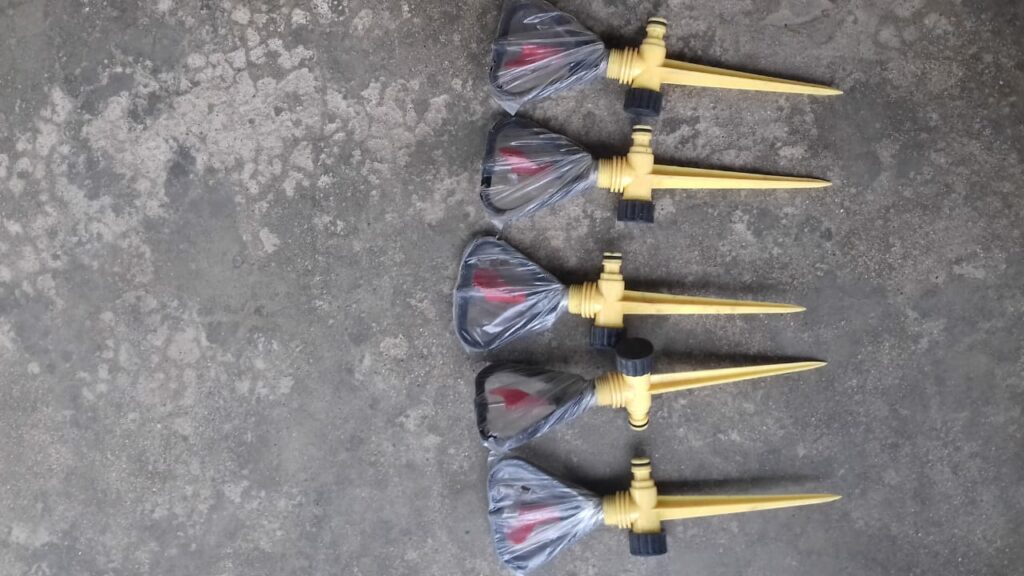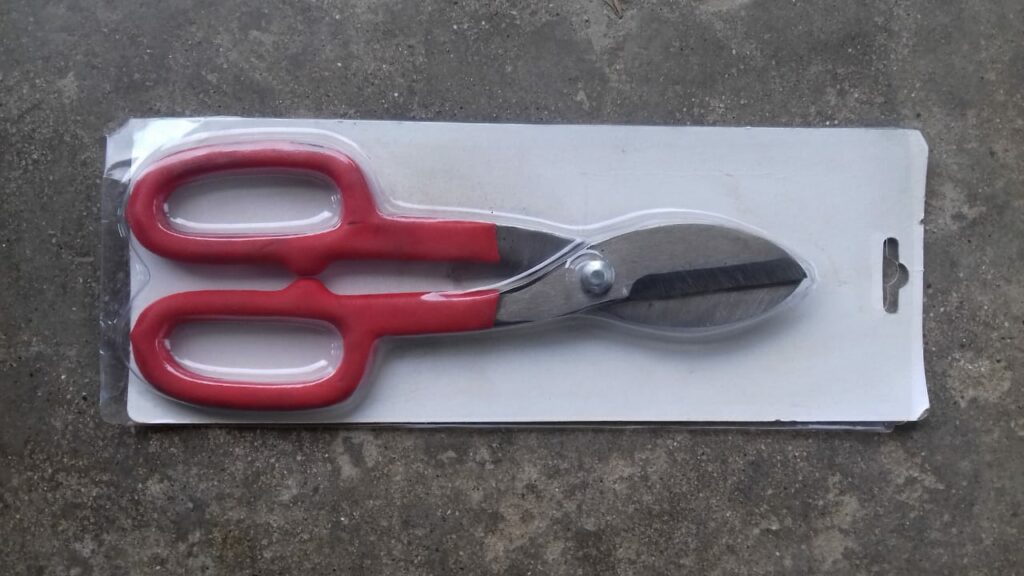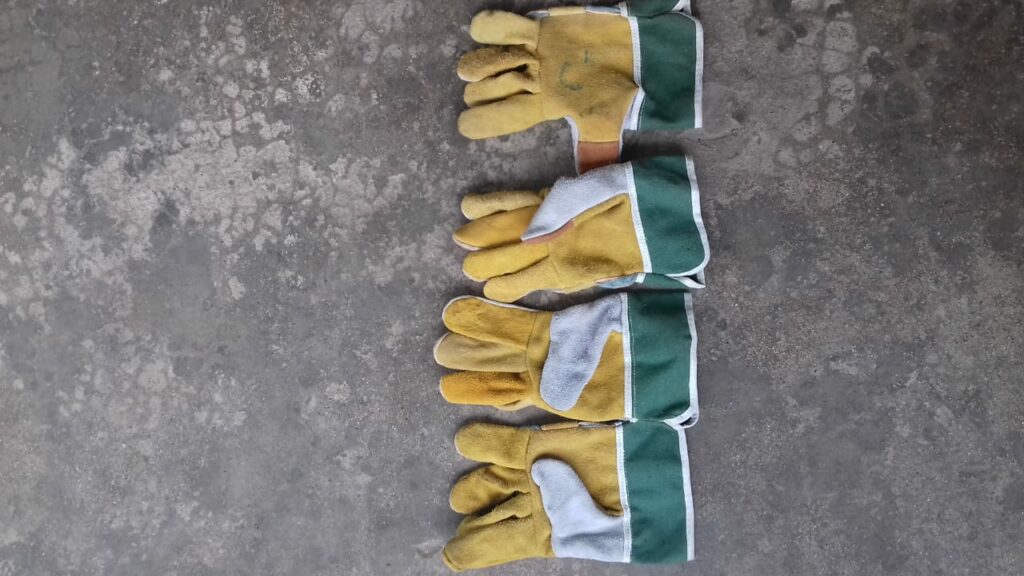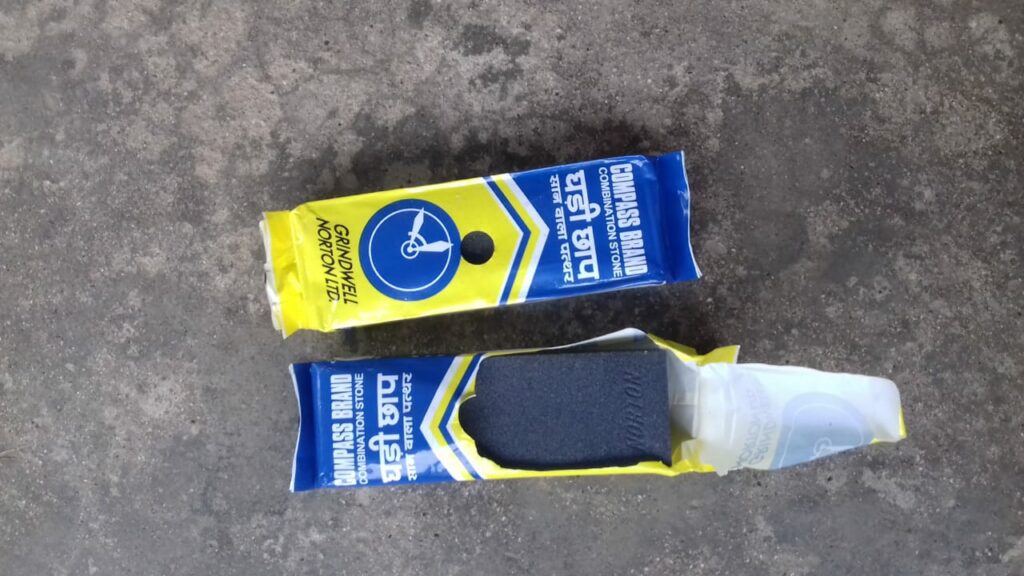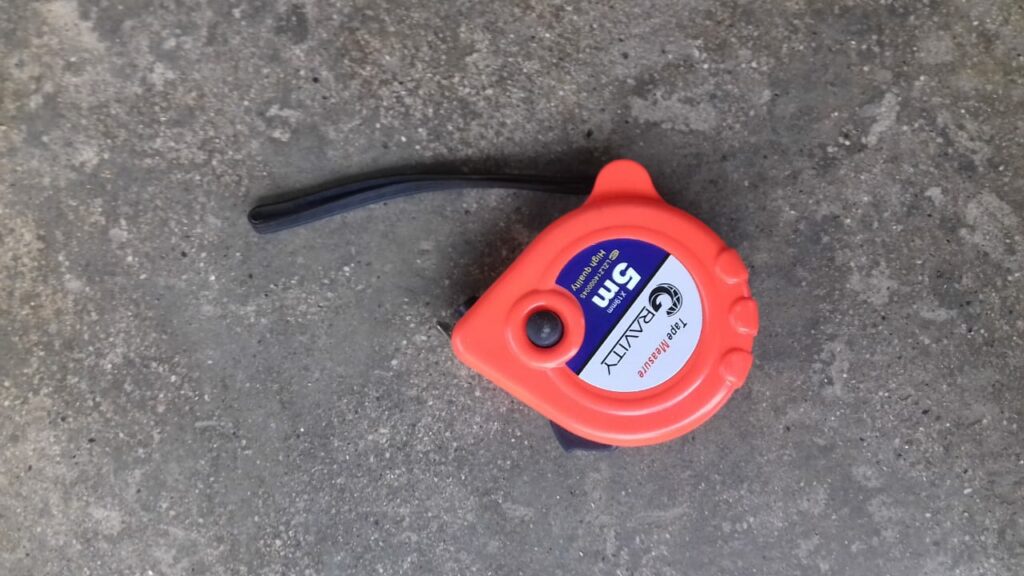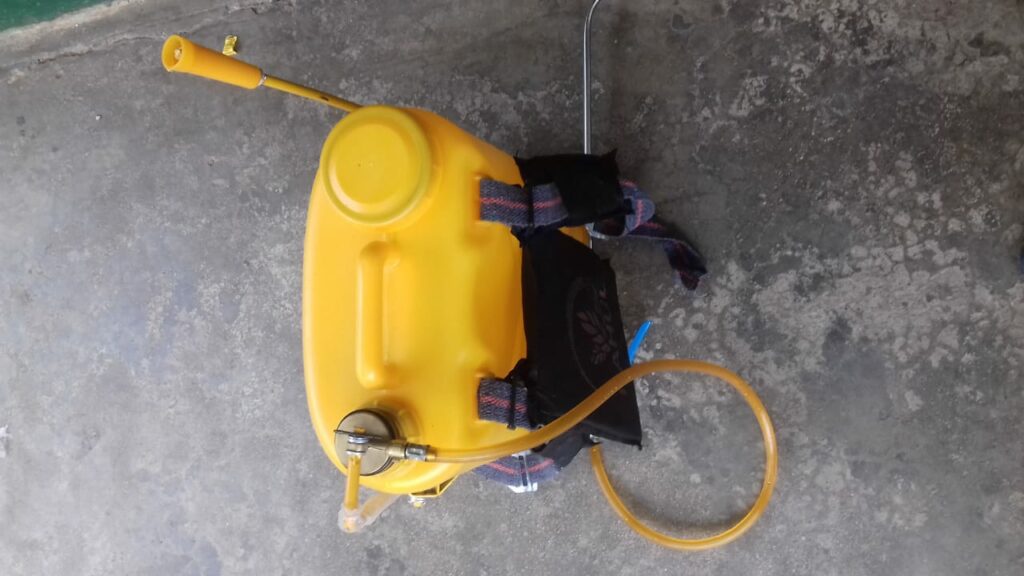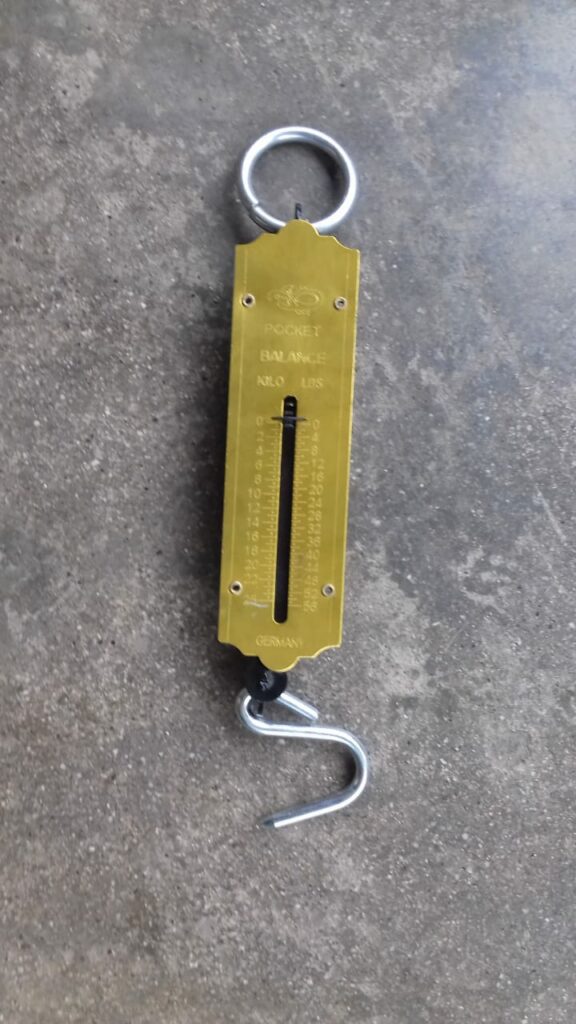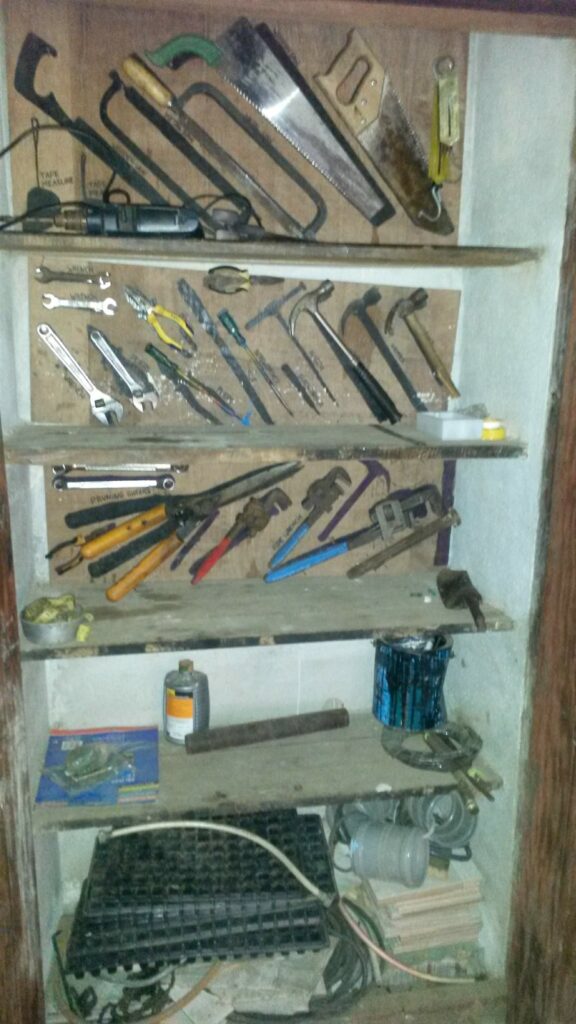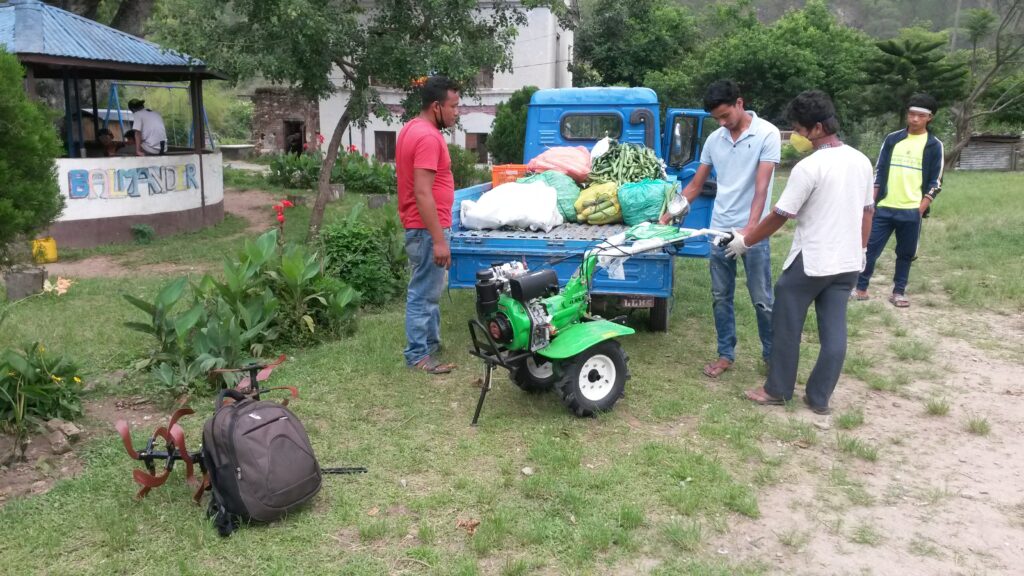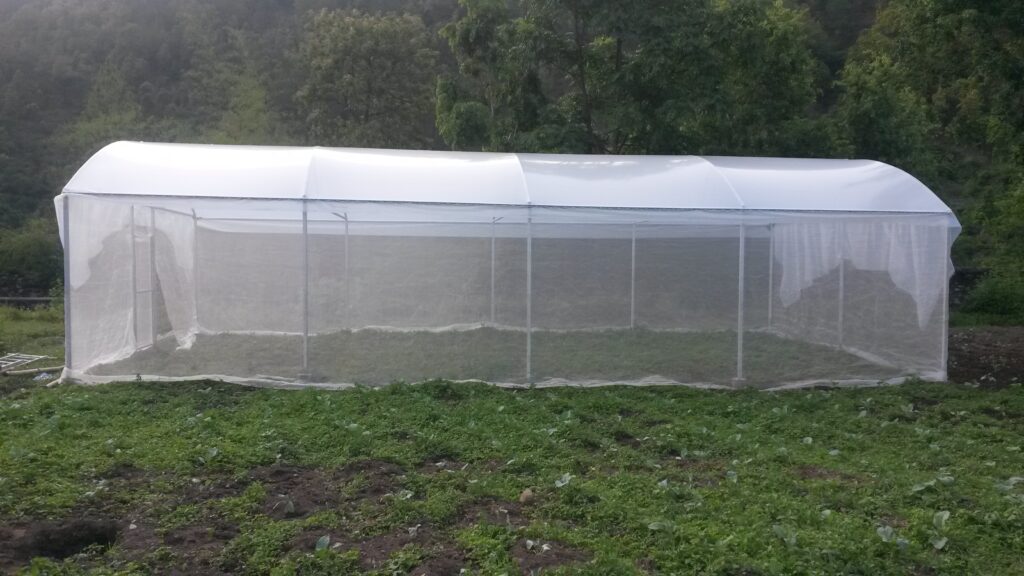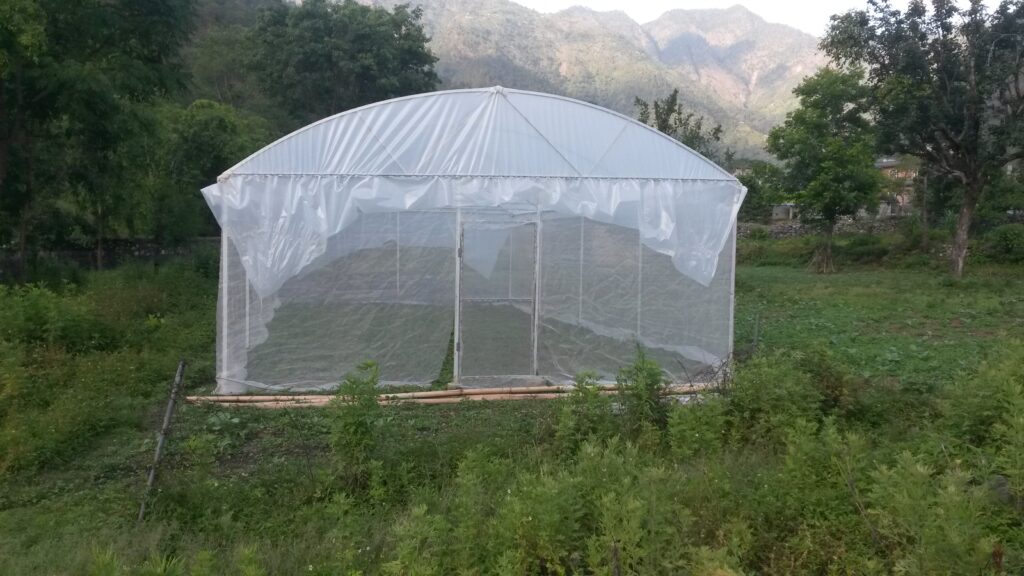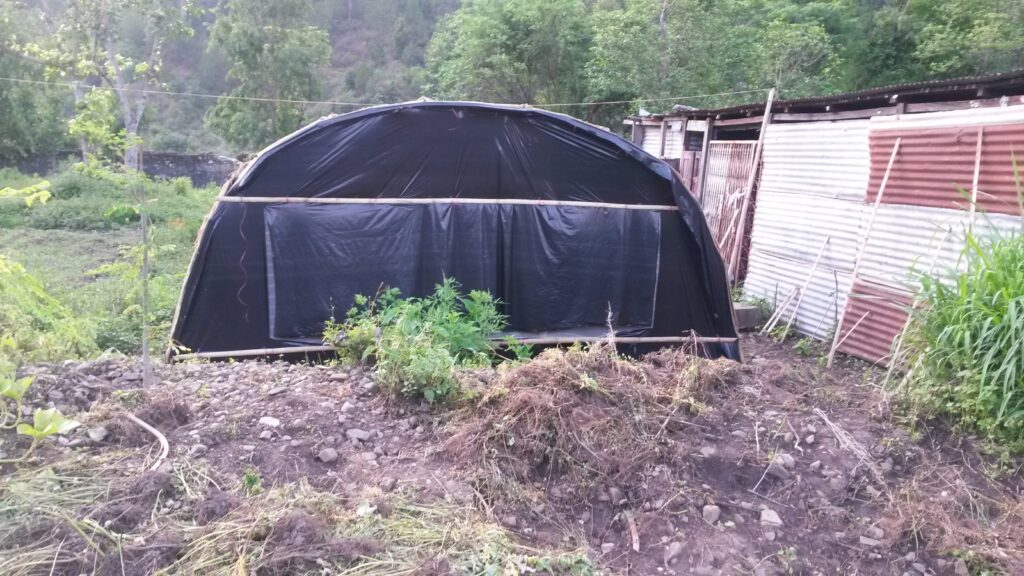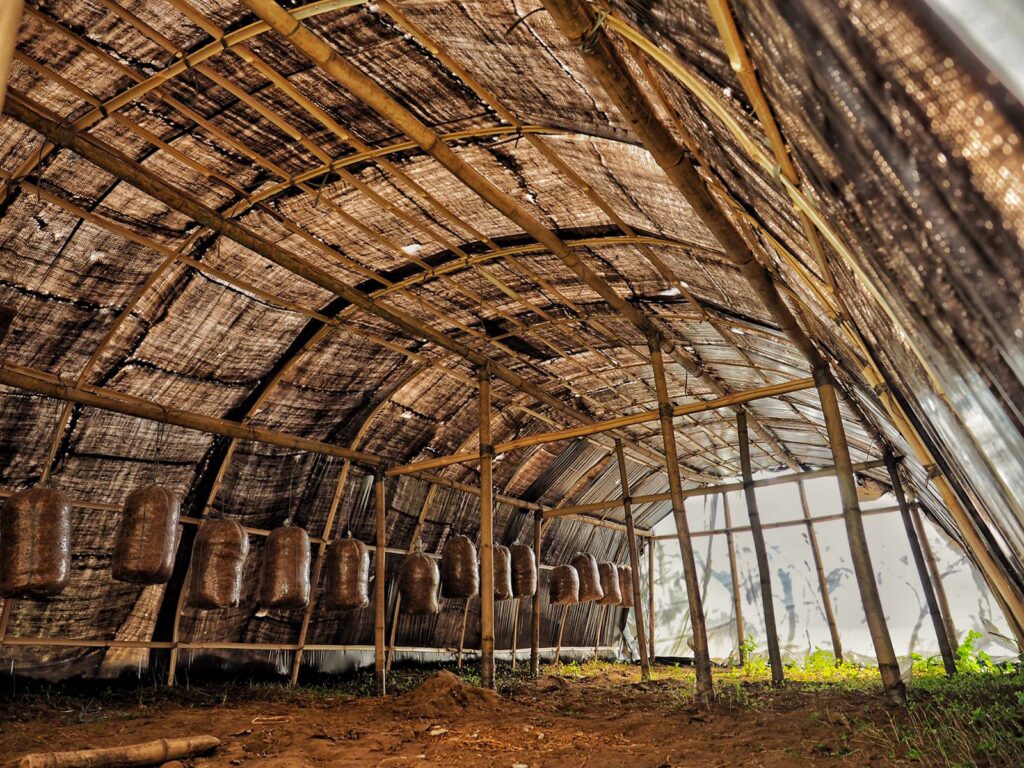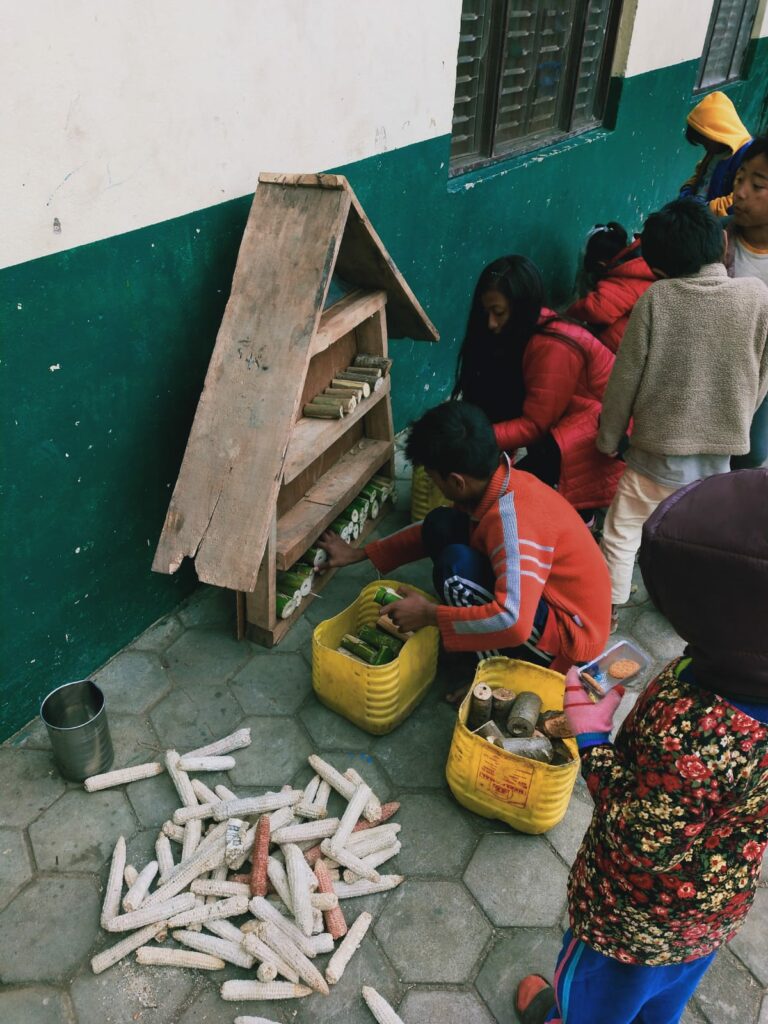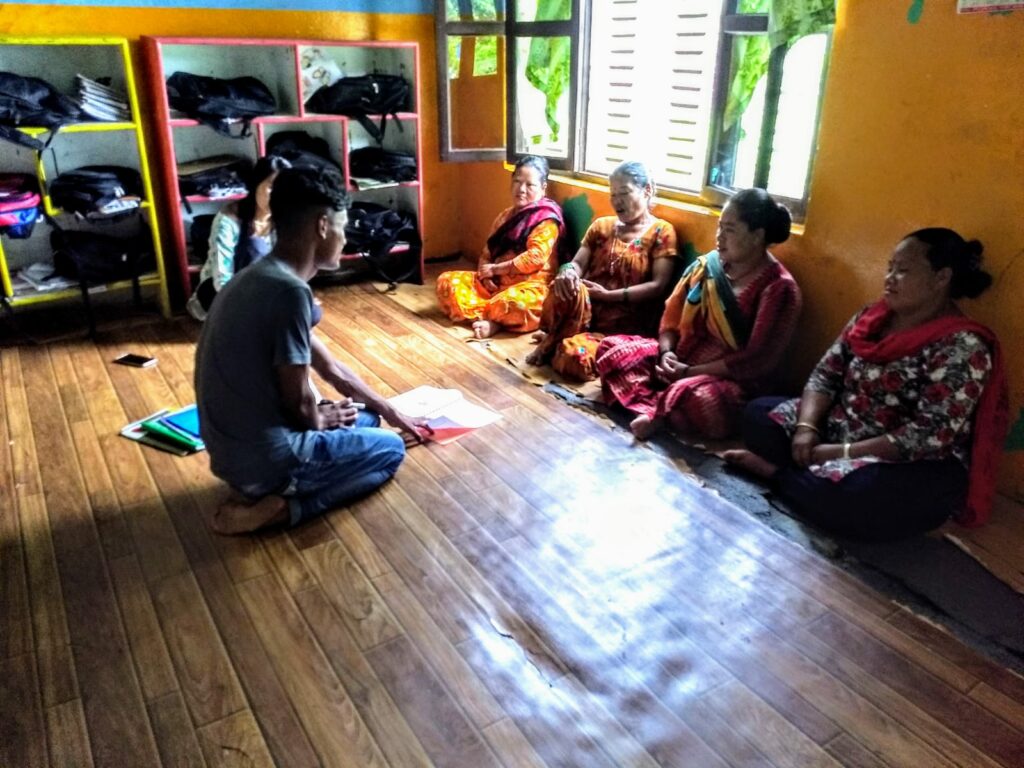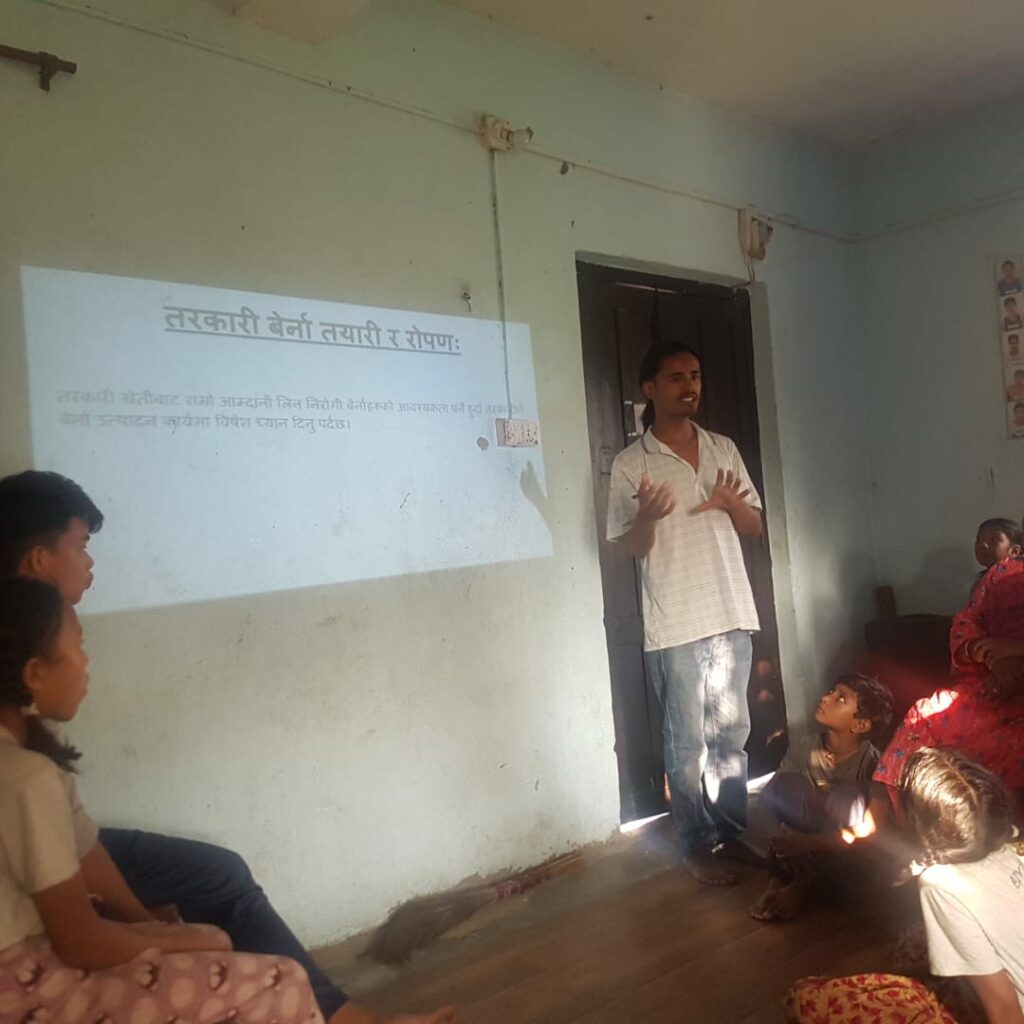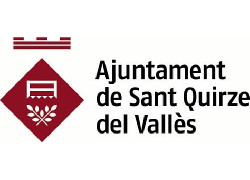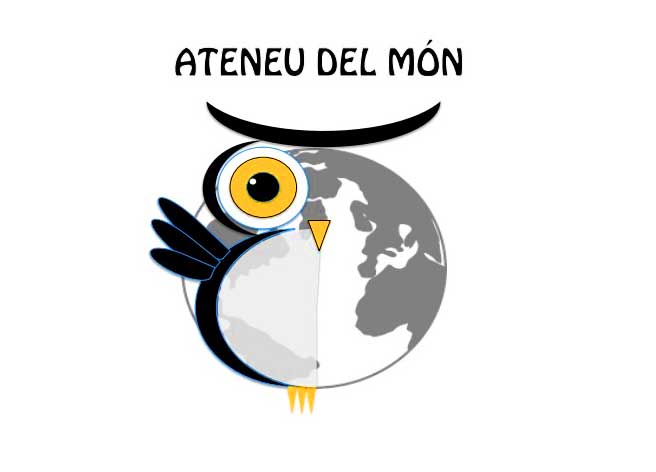Summary
NAMUNA BARI (NB) is one of the projects of Amics del Nepal under the Women Program which was initiated in September 2017 in Bhimphedi Balmandir, a children’s home in a village about 50 km south of the capital city of Kathmandu. The project was started with the main purpose of helping the Bhimphedi children home become more sustainable by taking benefits of the kitchen garden and the premises to provide a more balanced diet to the children. The children home houses a total of 40+ children, and staff who see to the day to day operations and maintenance. The project also aims on empowering women and local communities through agriculture skills. For the past two years, the project has mainly focused on the cultivation of mushrooms, regular vegetables specifically tomato cultivation and fruits trees. Apart from this, the project has also researched on quite a few new agriculture techniques and methods.
In September 2018, a young man who grew up in Bal Mandir as one of its beneficiaries and demonstrated keen interest in plants and animal care joined Namuna bari project as its project coordinator. Kush was trained by the activity center staff and volunteers from Spain at the beginning phase to develop his skills required for the project development and implementation. The project coordinator visited different places and agricultural institutes of Kathmandu for training to upgrade and develop his knowledge on agriculture. He completed a 18 months technical course of auxiliar veterinarian. A handful of research were also carried out to collect necessary information for the implementation of the project.
Mushroom cultivation
The first mushroom cultivation was launched in 2019 January in Bhimphedi, Bamandir. Initially, implementing this cultivation in Balmandir kitchen garden was quite difficult. The project faced problems due to changes in climatic conditions, the problem of insects, pests and diseases. Gradually, the problems have been overcome and the cultivation has been improved significantly. So far the project has been able to cultivate four batches of mushrooms with each batch cultivation period of 2-3 months, and yielding an average of 50 kg of mushroom per cultivation.
Moreover, contacts were established with Nepali NGOs to better the mushroom cultivation. A new method was also adopted in sterilization of straw using an auto heating box that was new to the community of implementation site. The mushrooms have now become a key source to maintaining the nutritional diet in Bhimphedi Balmandir.
Regular vegetable cultivation
NB kitchen garden was also utilized for cultivating seasonal vegetables. Varieties of saplings, seeds and compost were purchased to grow vegetables. Also, a nursery was built to have a proper caring of the seeds and saplings. This nursery was used to produce the saplings of a few vegetables (seeds were purchased and converted into seedlings and saplings in the nursery house). Varieties of vegetables i.e cauliflower, cabbage, tomato, eggplant, pumpkin, capcicum, radish, bitter gourd, sponge gourd, spinach, cucumber and maize were harvested in huge quantities during the year.
The kitchen garden vegetable and mushroom production also reduced the cost of vegetables expenses of Balmandir by 35%. Side by side children were able to have fresh and green vegetables grown from their own fields. Some vegetables were used as exchange for other vegetables for the Balmandir. Similarly, the children were also introduced and exposed to different methods and techniques such as auto heating, vapour pasteurization and solar pasteurization for mushrooms and drip irrigation, producing home made compost for growing and caring for vegetables and crops.
Fruit trees
To support the nutritional diet of children, varieties of fruit trees (sapling) were planted in the kitchen garden. The main aim of cultivating the fruit trees was also to utilize the bare land of the kitchen garden which was not feasible for other crops cultivation. Fruits like jackfruit, mango, litchi, peach, pear, guava, lemon, and sugarcane were cultivated and harvested. These fruits were used for salad and pickle purposes. Children enjoyed having them during lunch and snacks.
Charcoal production
A charcoal experiment was done on 26th November 2019 with the help of some volunteers with expertise in charcoal production, Bal Mandir children and staff. The main idea of producing charcoal was to introduce it to the community people of Jamire, a small village 4km far from Bal Mandir). Also it would be a new source of income for the communities’ families and would prevent them from burning the sprouts that is normally used directly for cooking which is not efficient and causes a lot of smoke damaging their health. Since people of the community didn’t show enough involvement in it, the charcoal project was delayed and finally not carried out, due to the limitations brought by the covid19 pandemia. Nevertheless it became an opportunity for the staff and youth to learn and know about charcoal production.
Livestock farming
Beside agriculture, rearing of different animals was done in Balmandir. New chickens, roosters and rabbits were bought and reared. A shelter for rabbits was also built with the help of locals from the community. We started with a small number of these animals to later produce them in greater quantity. We were able to sell a few of them to the community people as well as use them to provide more nutritional food at Balmandir.
Tools and basic equipment
A hand tractor and other tools like ploughing machine, pesticides sprayer, axe, watering can, small hoe, small sickle, big sickle, iron stick, pliers, stainless hose pipe clamp, pipe joiner, water sprinkler, P.V.C pipe cutter, pruning share, measuring tape, measuring scale, sharpening stone, pickaxe hoe were purchased. These tools were used for cultivating and harvesting the vegetables which made the work more convenient and efficient.
Construcciones
Se han construido los siguientes túneles y cercados alrededor del huerto para la correcta implementación del proyecto:
- 2 túneles hechos de estructuras de bambú para el cultivo de setas
- 2 túneles invernaderos; uno hecho de bambú y el otro fabricado con metal con sistema de riego por goteo para los tomates y las verduras verdes.
- Un túnel invernadero (vivero) con bambú para cultivar plántulas.
- Una valla para proteger todo el huerto.
- Un espacio cubierto para los conejos y las gallinas.
Activities and workshops
A vegetable activity was done with the primary level of children which consisted of coloring different fruits and vegetables that are grown in the kitchen garden. The main objective of the activity was to make the children familiar with the fruits and vegetables that are grown in the kitchen garden.
Beside this, mushroom cultivation training was also conducted for the youth and staff of Balmandir. All these activities and workshops have made the staff, youth and children more involved in the kitchen garden and work quite efficiently and with more enthusiasm.
Also with the collaboration with youth projects, an urban garden was designed in the activity center. Different educational field visits were done during the design and implementation period of urban garden.
Field visits
To develop and collect ideas in agriculture, different agricultural institutes were visited (in Kathmandu, Pokhara and Bhimphedi).
- To support regular vegetable cultivation: National center of fruit development, Nepal agriculture research farms and some seedling centers in Kathmandu.
- For the Charcoal: International Center for Integrated Mountain Development (ICIMOD,) Himalayan Nature, Foundation for Sustainable Technology (FoST) and Institute of forestry at Hetauda were visited.
- Mushroom training were carried out by the coordinator in different institutes of Kathmandu (Mush Nepal of Chandragiri, Seed land Nepal of Bhaktapur and other local private farms from Dhulikhel, Bhimphedi)
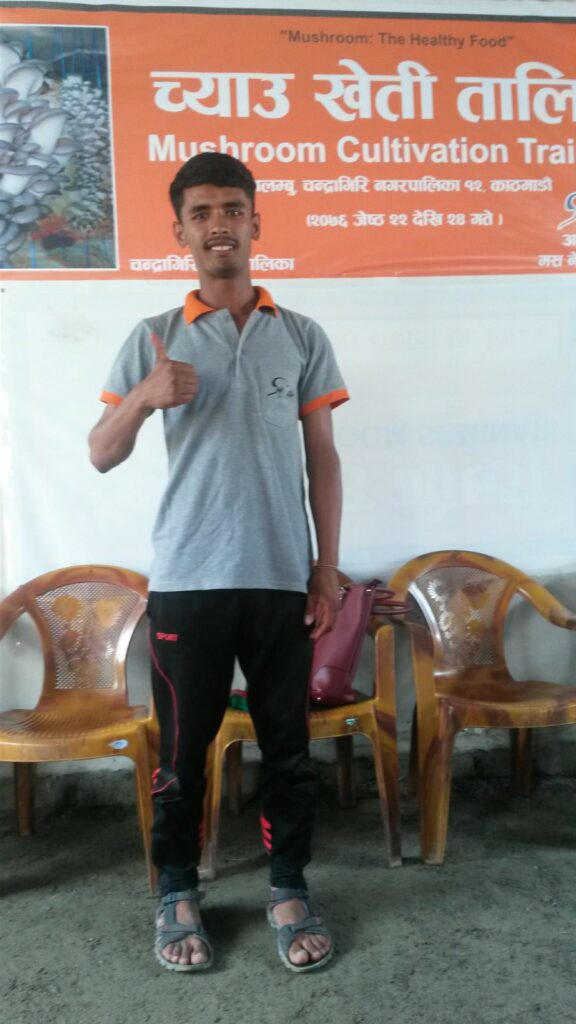
Publication and training materials
Different pamphlets, posters and illustration books were designed and published during the year. Mushroom cultivation handouts were designed and provided to participants (illustration, pamphlet and posters) during the training. These resources and materials enabled participants to get clear ideas about mushroom cultivation cycle. These handouts can be used in the future as learning resources as well. Similarly, kitchen garden map, mushroom cultivation calendar and regular vegetable calendars were designed. The designing of the calendars have acted as guides to timely planning and proper implementation of set activities..
Thus, the two years of Namuna Bari project, designed by Amics del Nepal, with the support of Ateneu del Món and the financial support of the Cityhall of Sant Quirze del Vallès is now completed. During the project period there were many challenges, achievements and new learnings. Different groups of people were involved in the project implementation period. The local people also showed interest in this new and educational agriculture project. We are hopeful that the project will help the Bhimphedi Balmandir to achieve its sustainability goals through application of new agricultural techniques besides maintaining the NB kitchen garden as an example in the community. We are hopeful we will continue the project in the coming years as well.
The Namuna Bari project is possible thanks to the support of the City Council of Montornès del Valles, and has been possible during 2018-2020 thanks to the support of Ateneu del Món and the City Council of Sant Quirze del Vallès:


